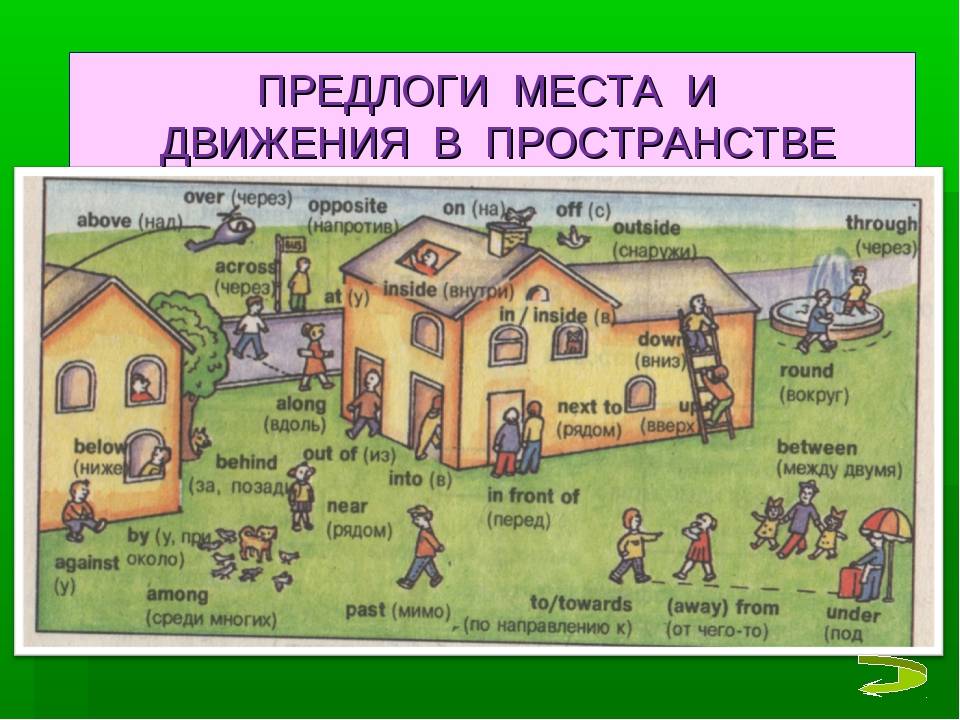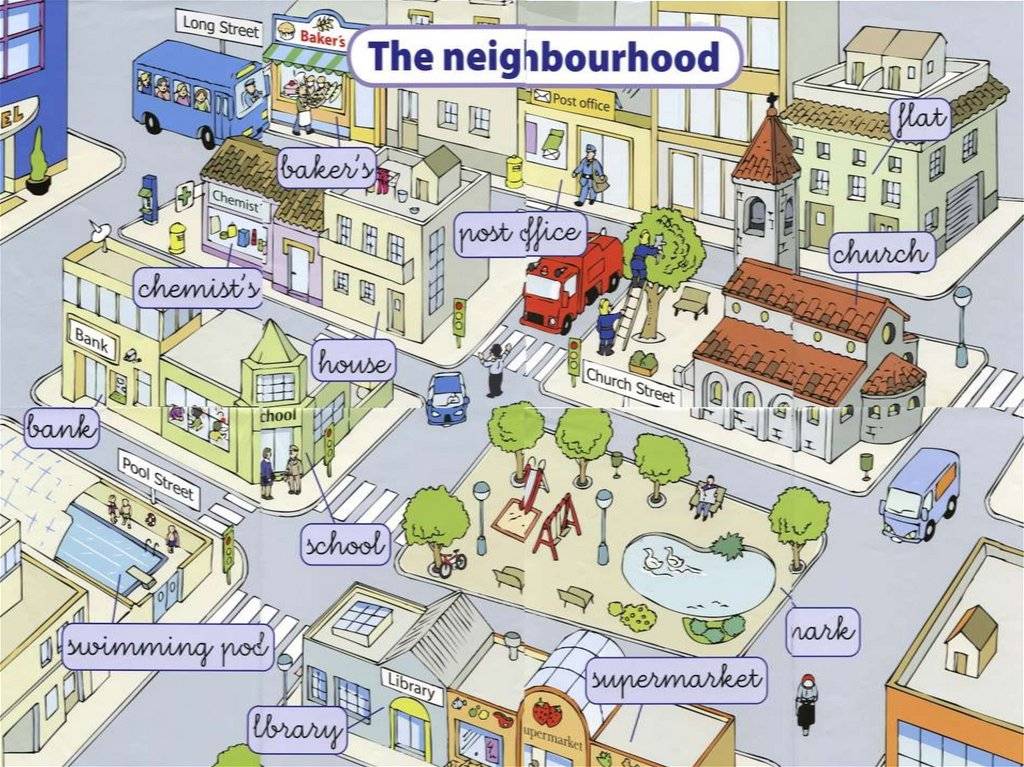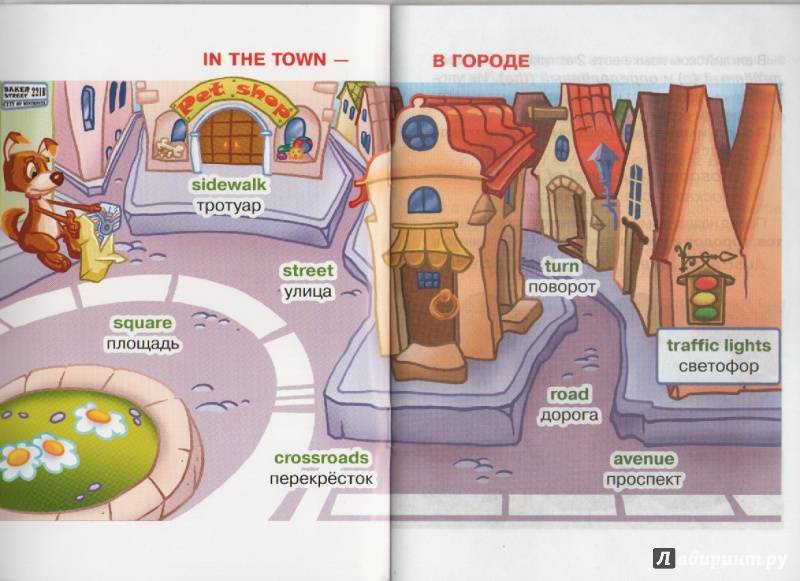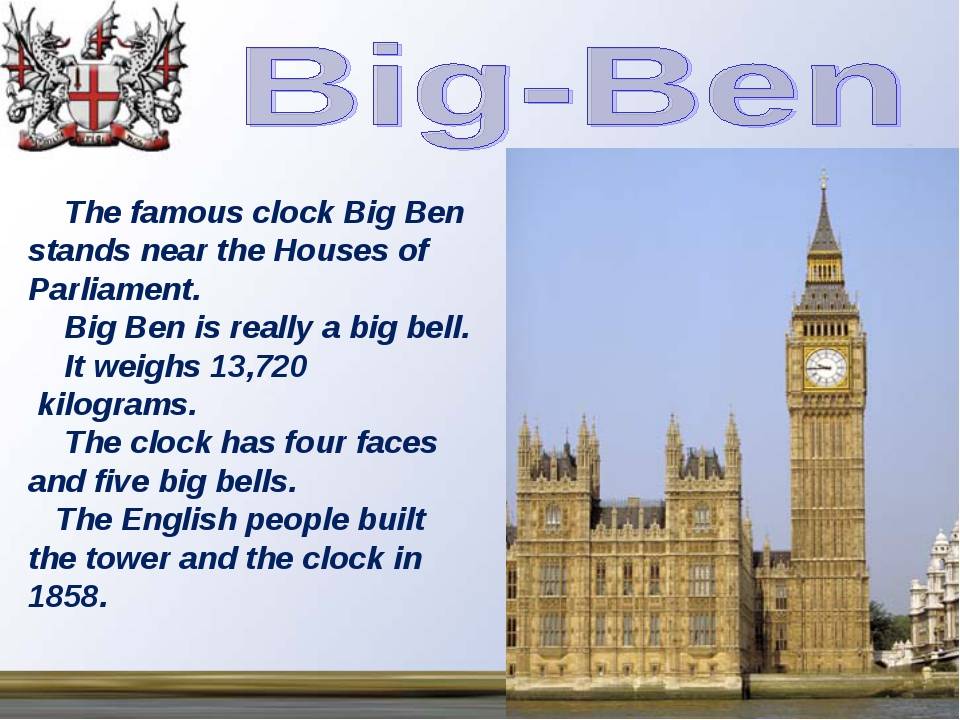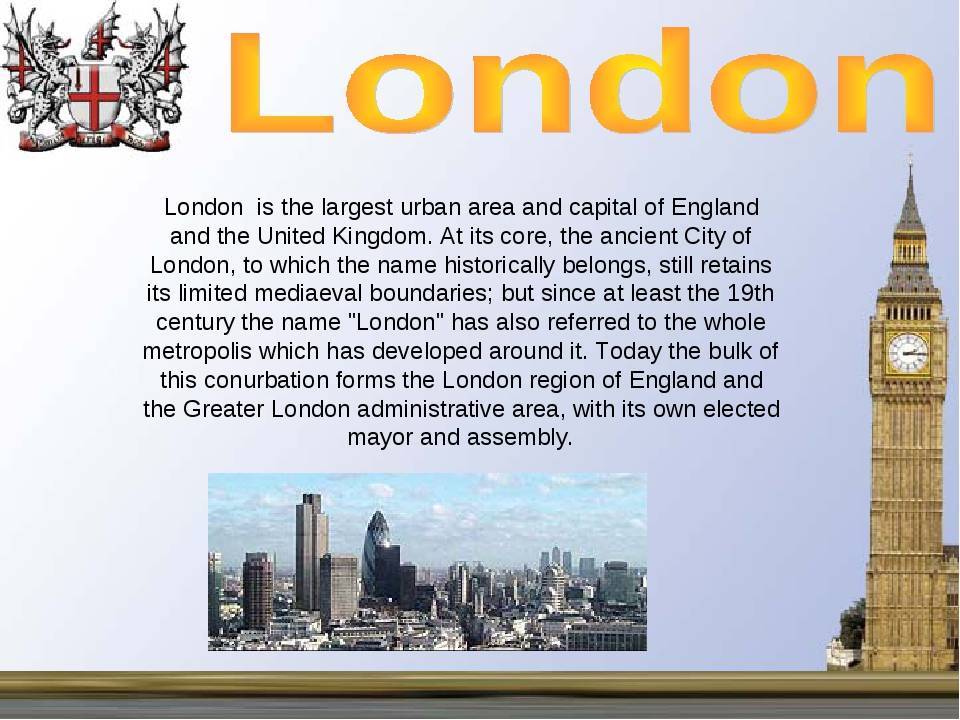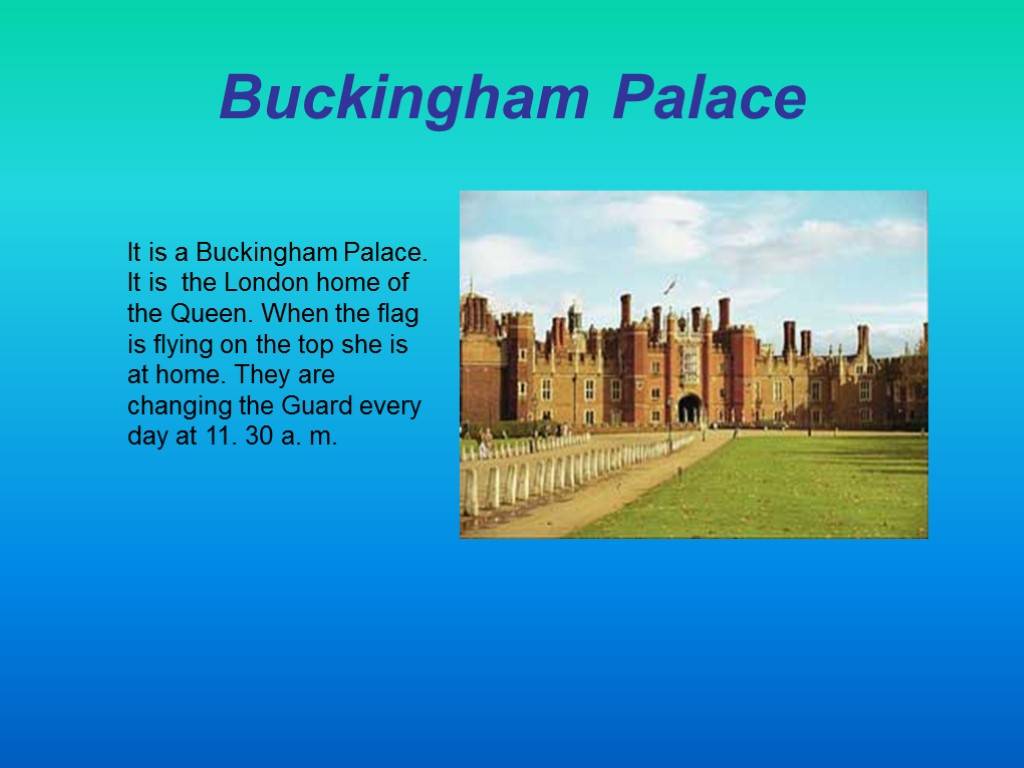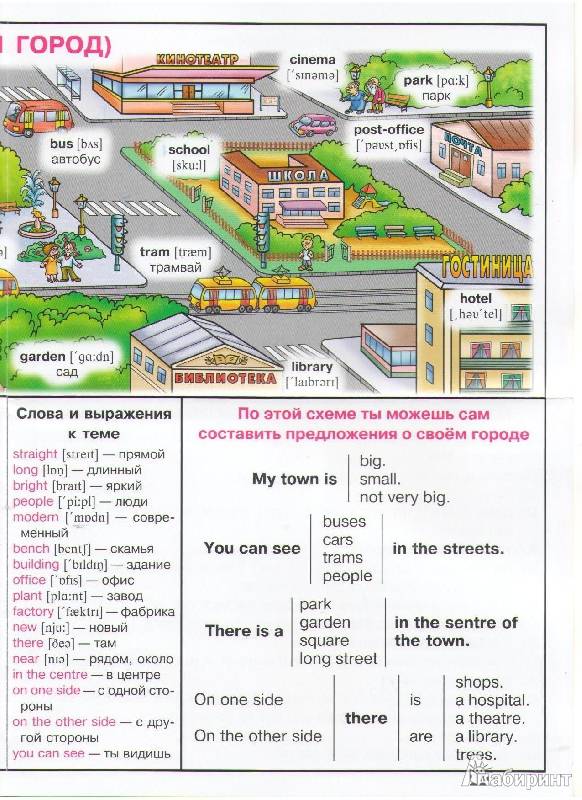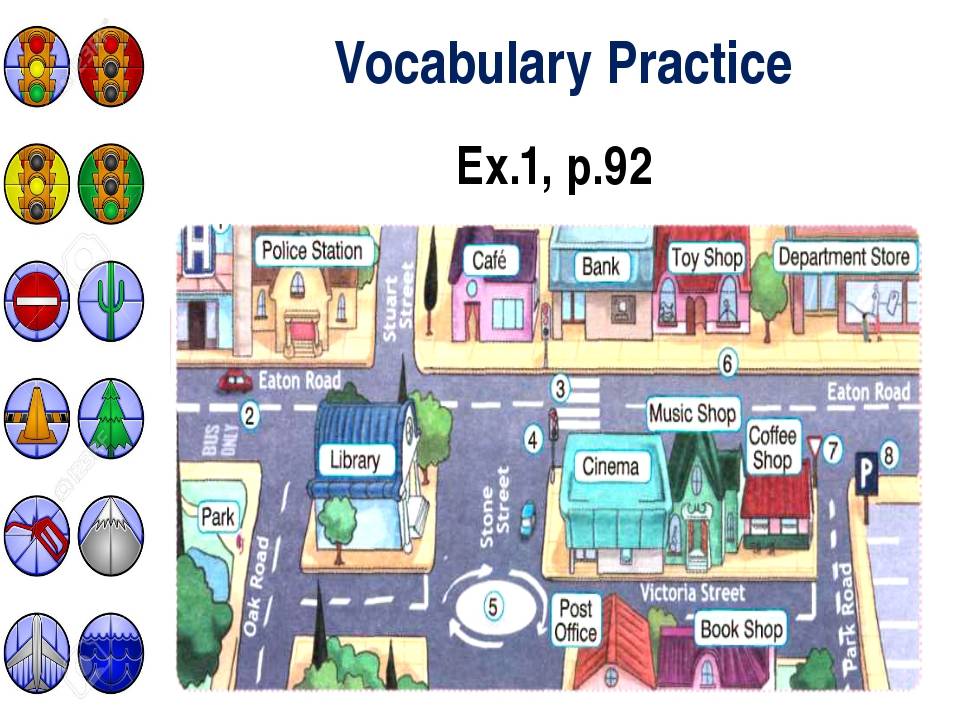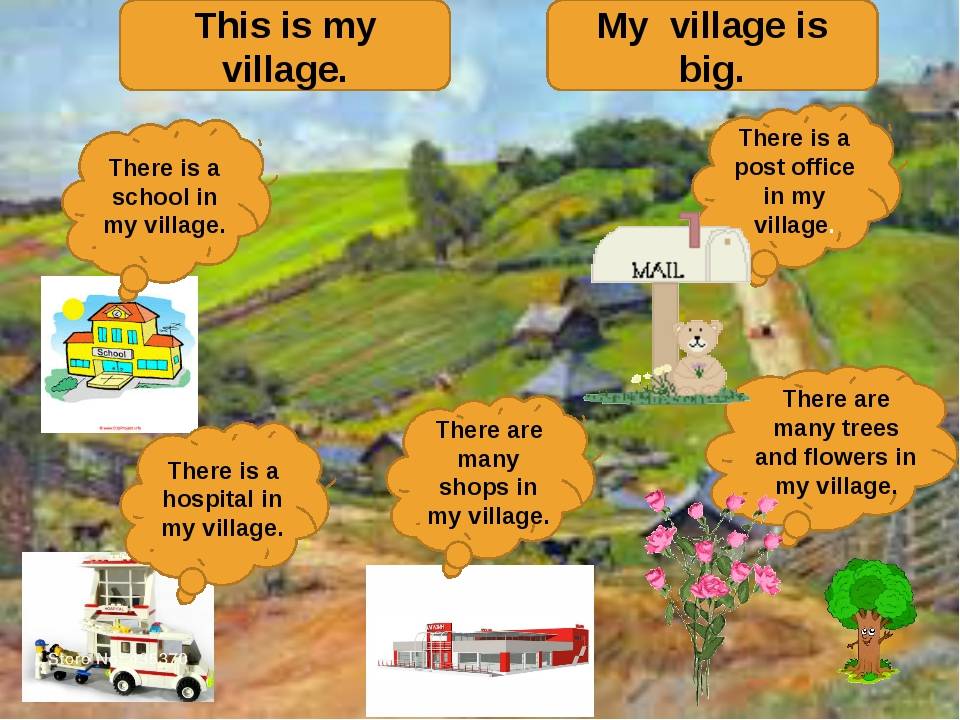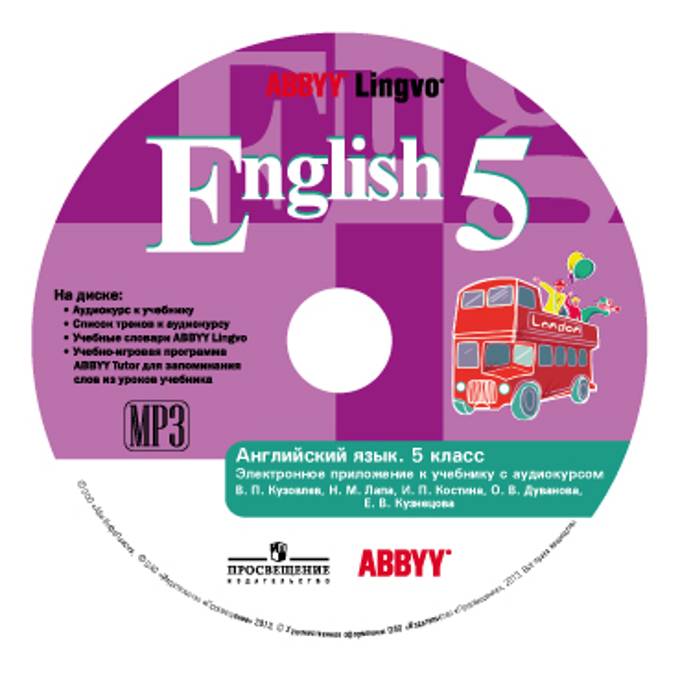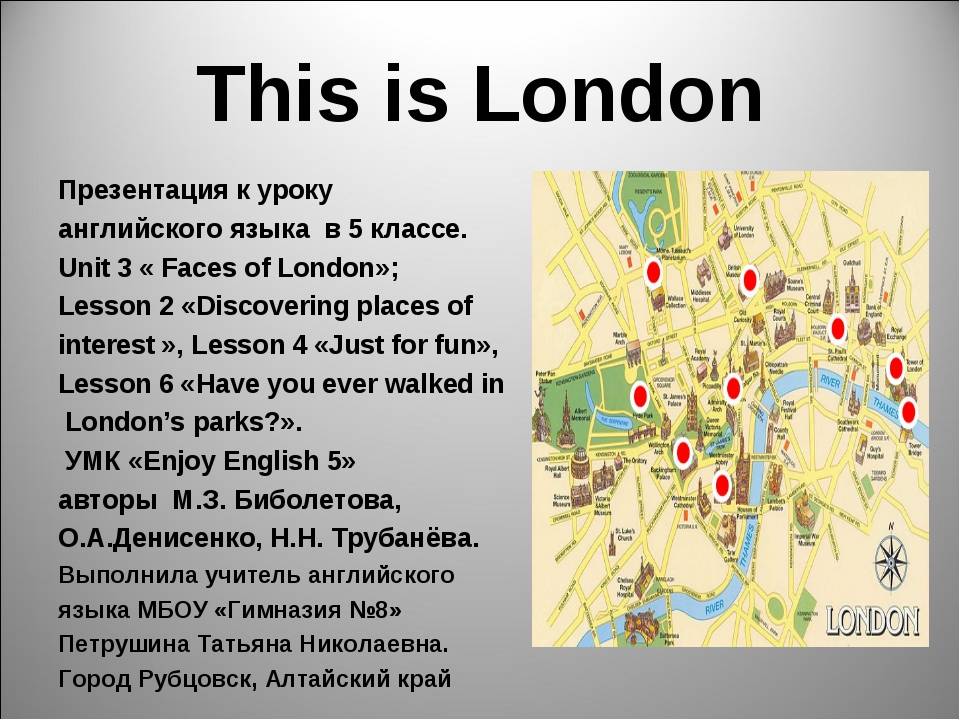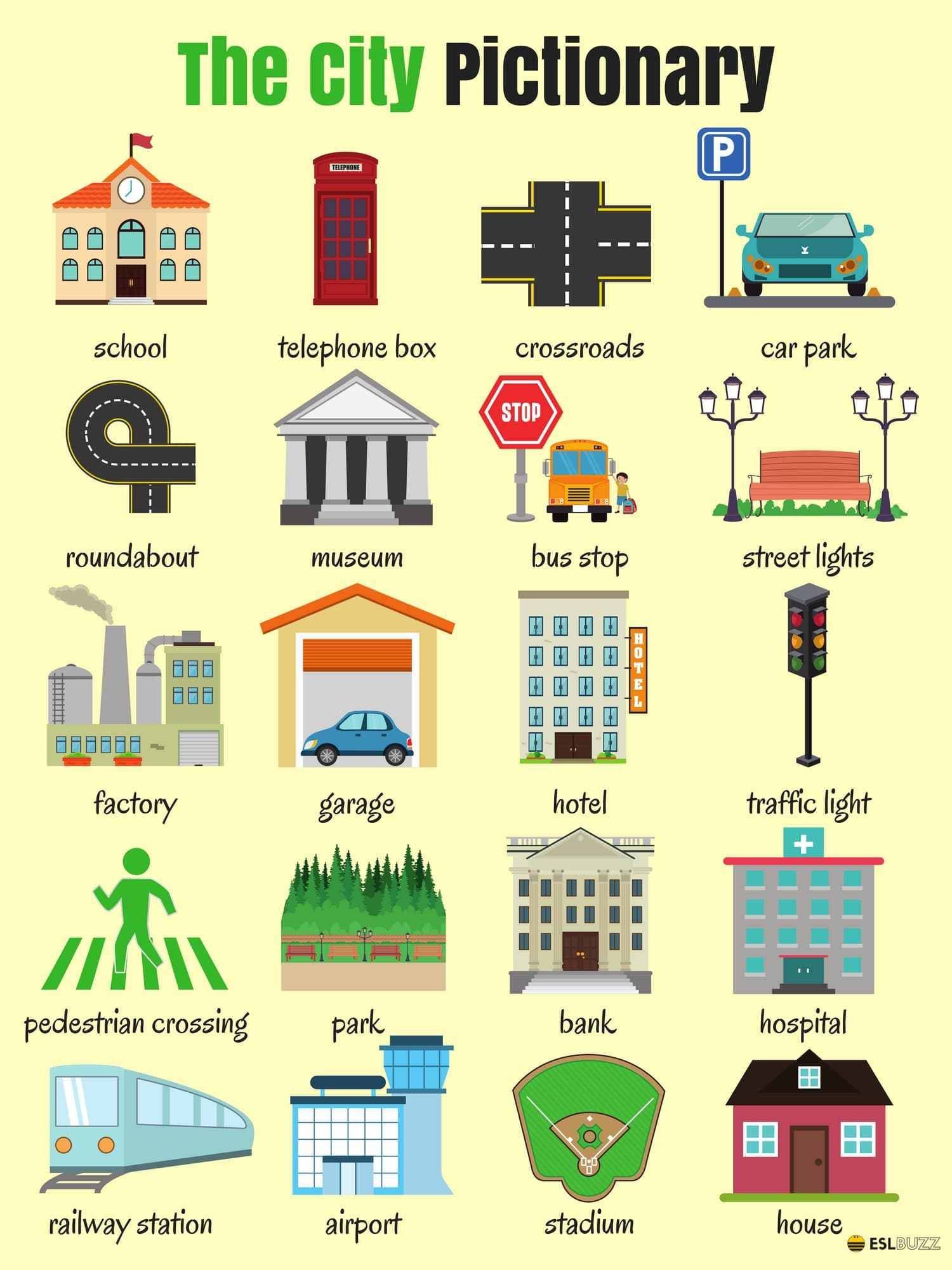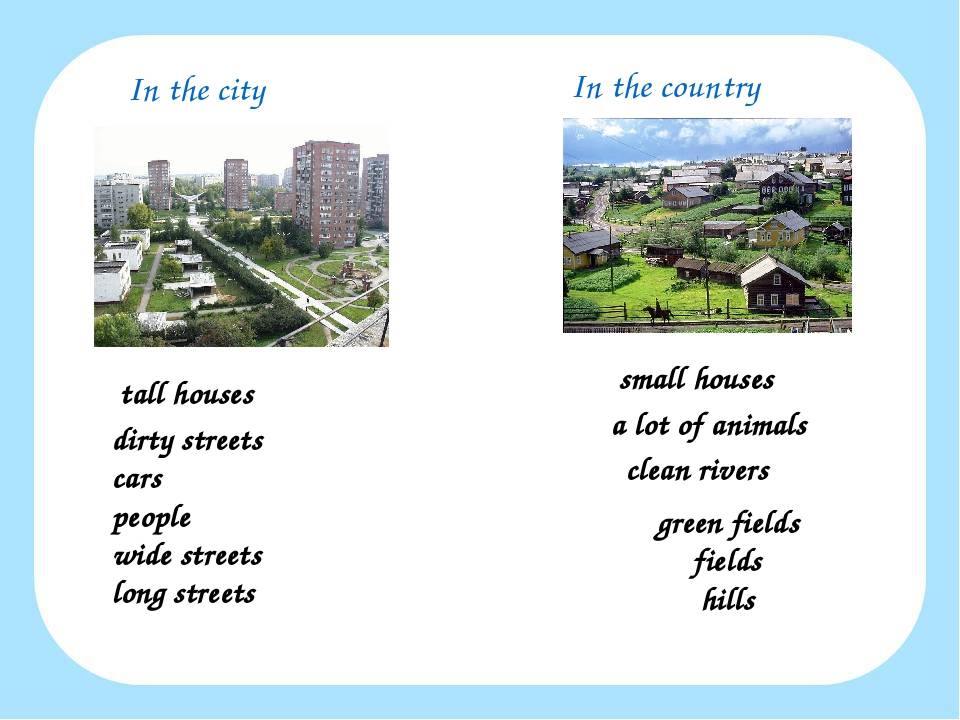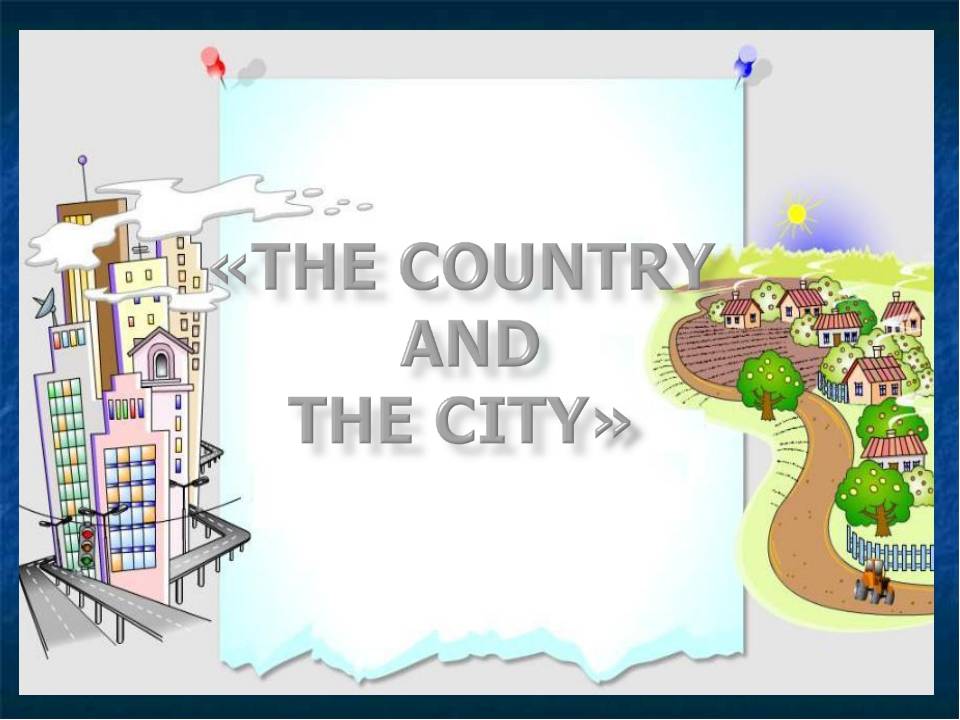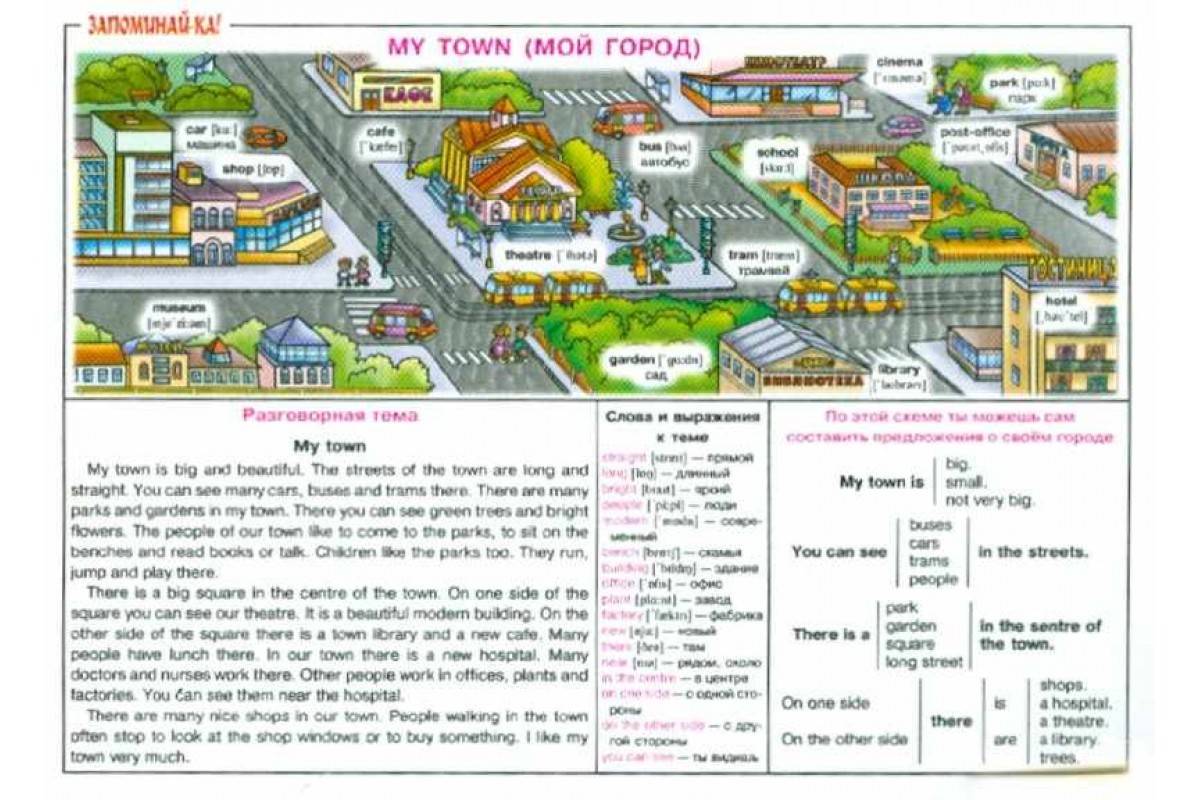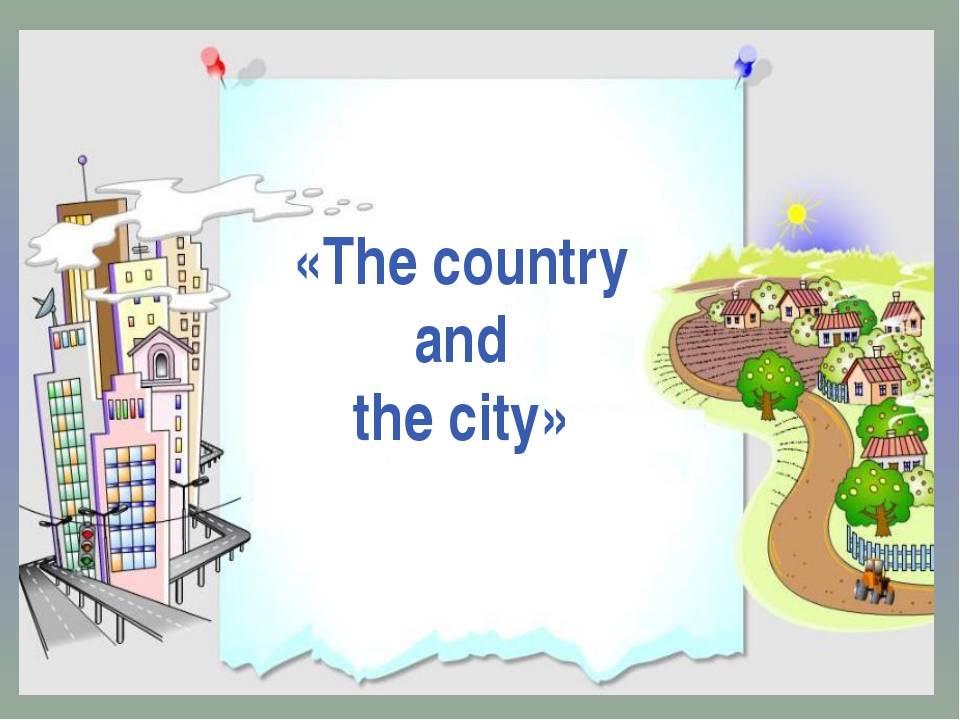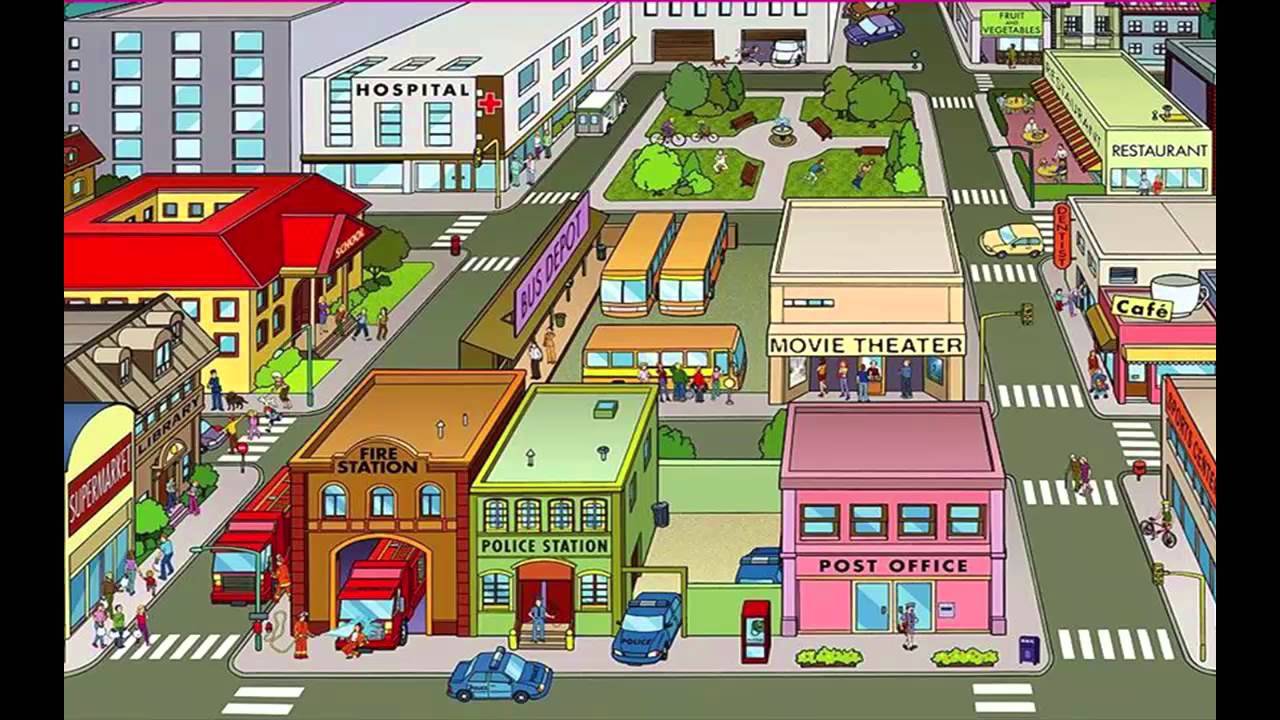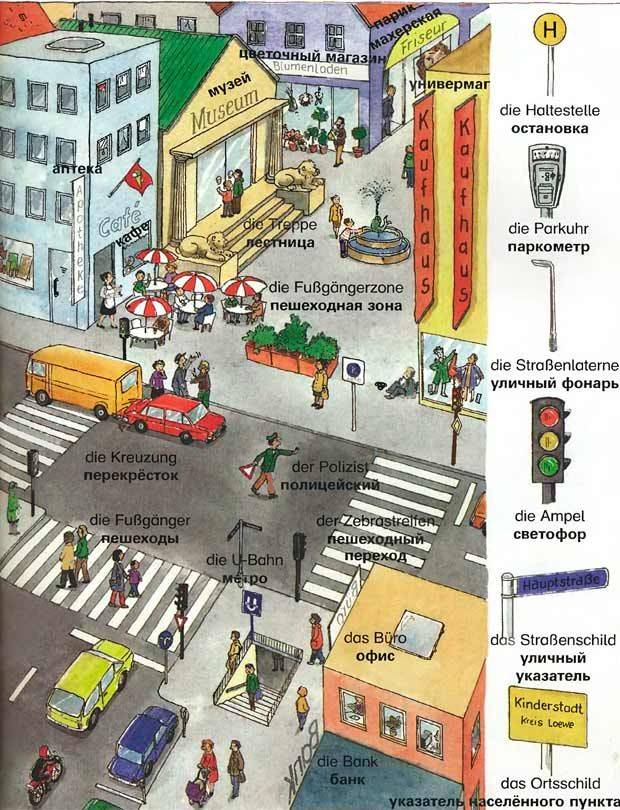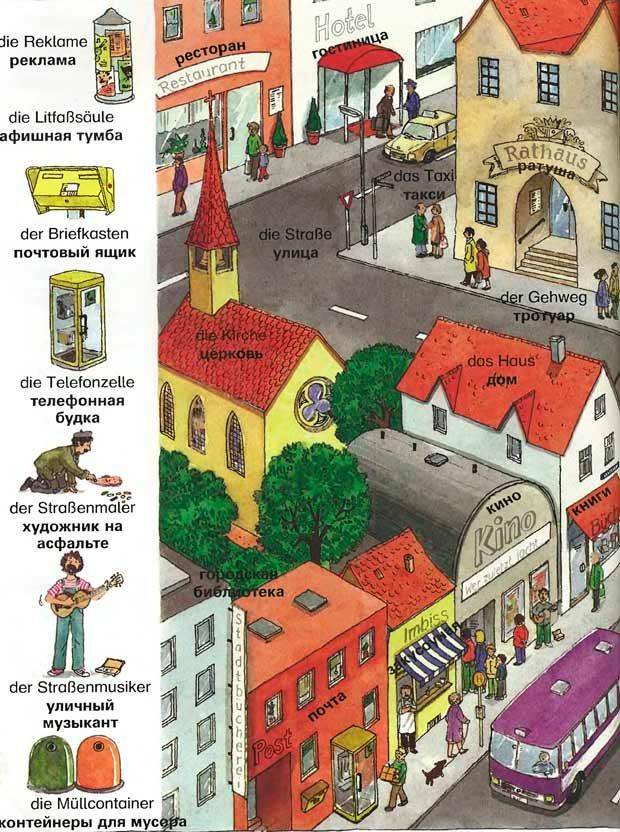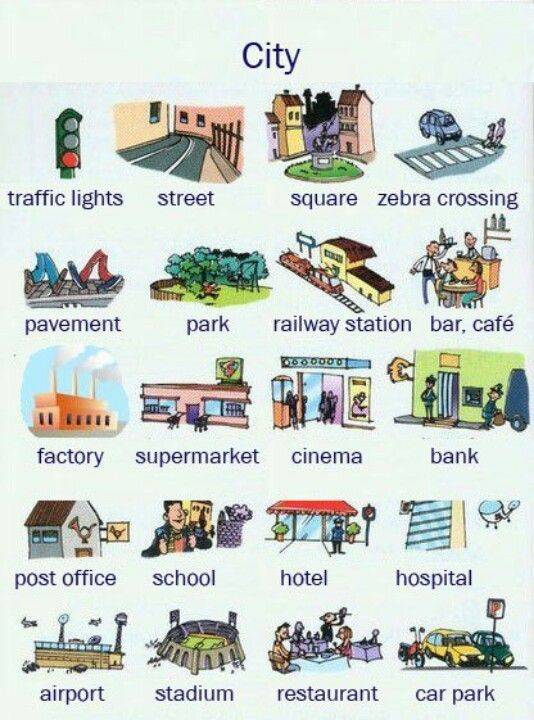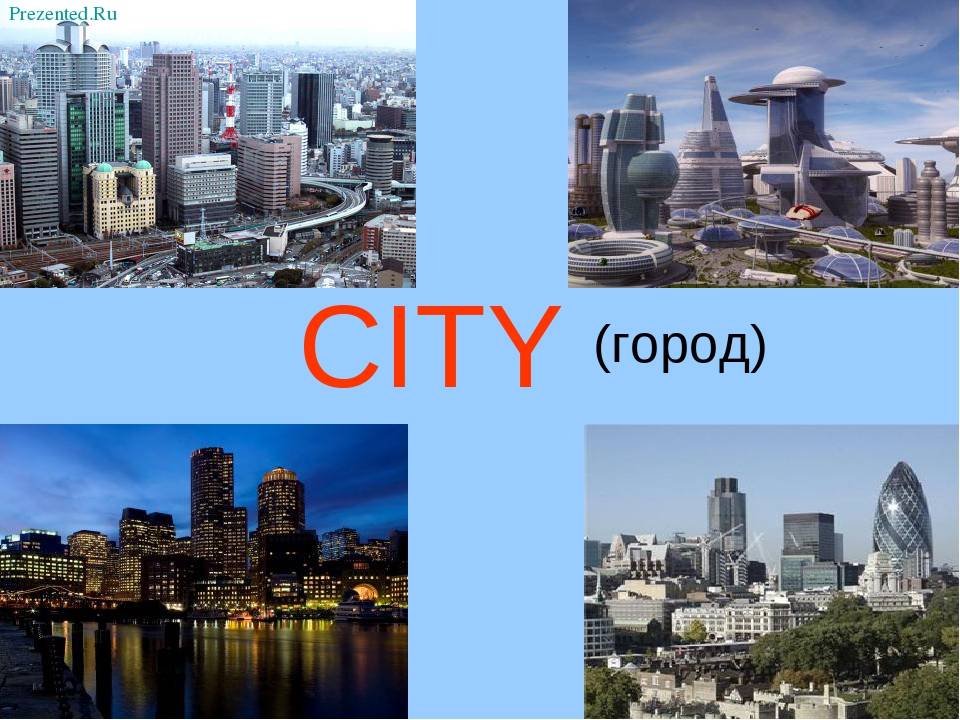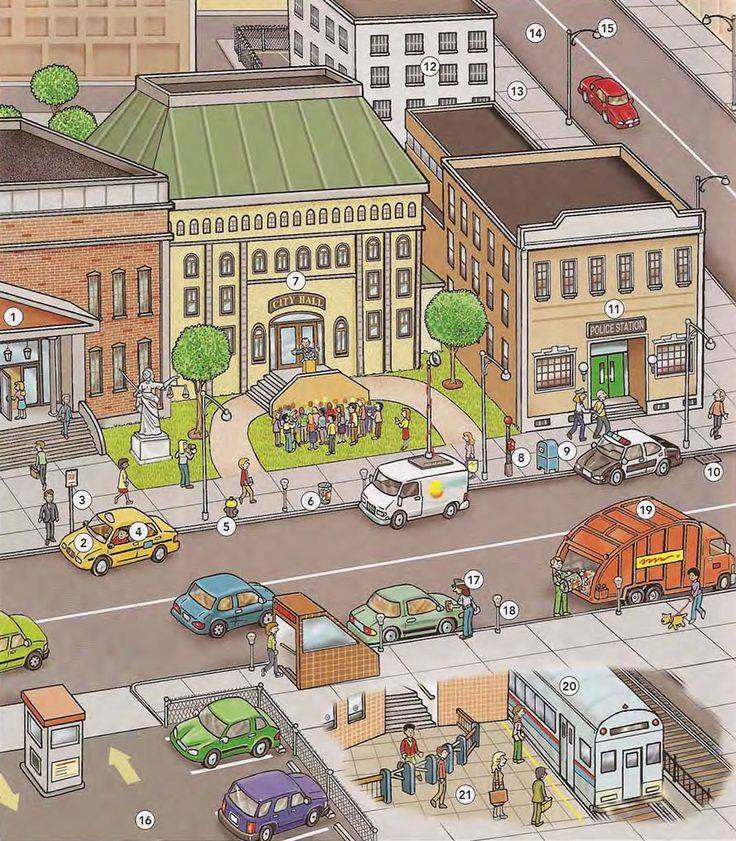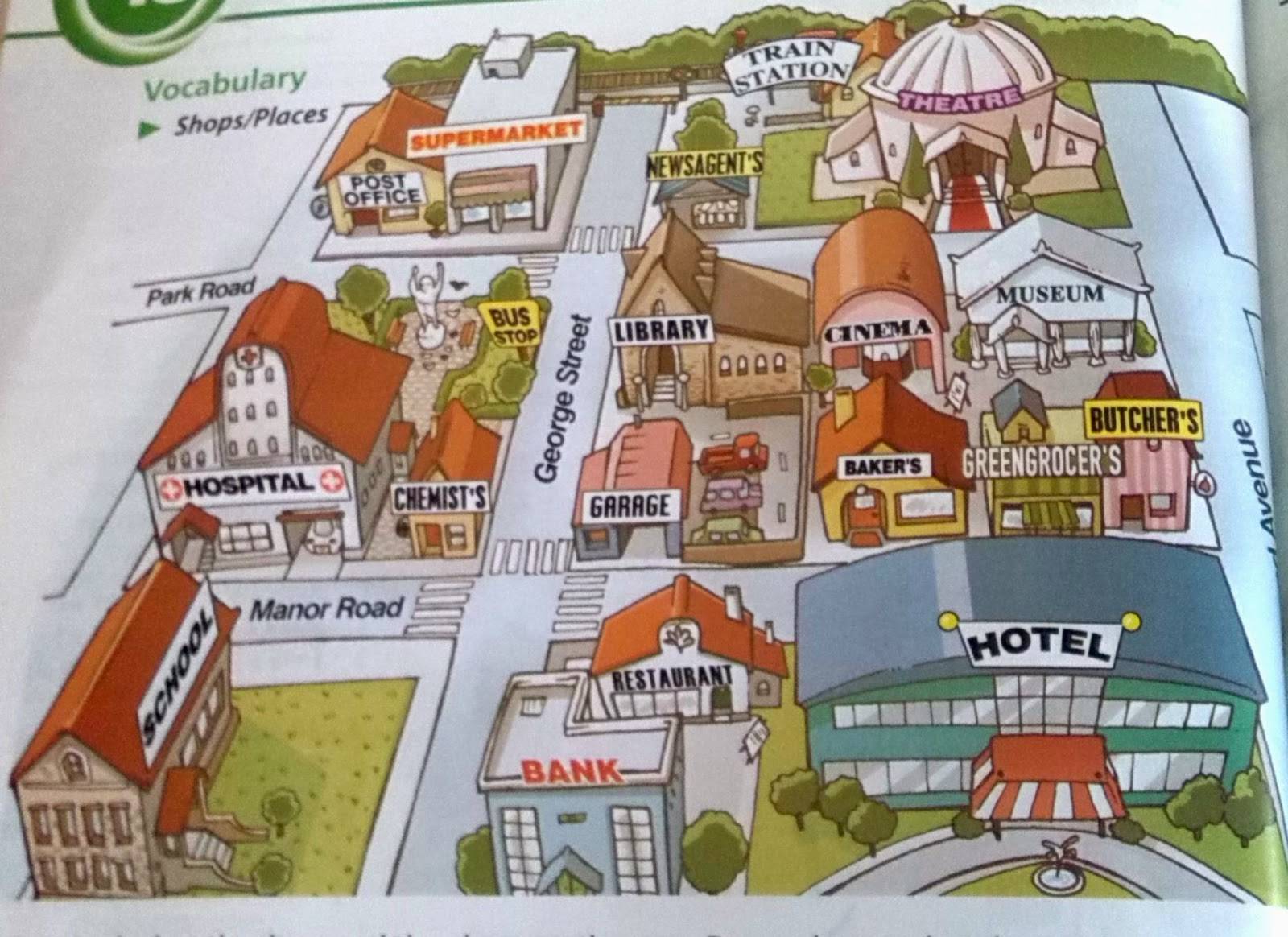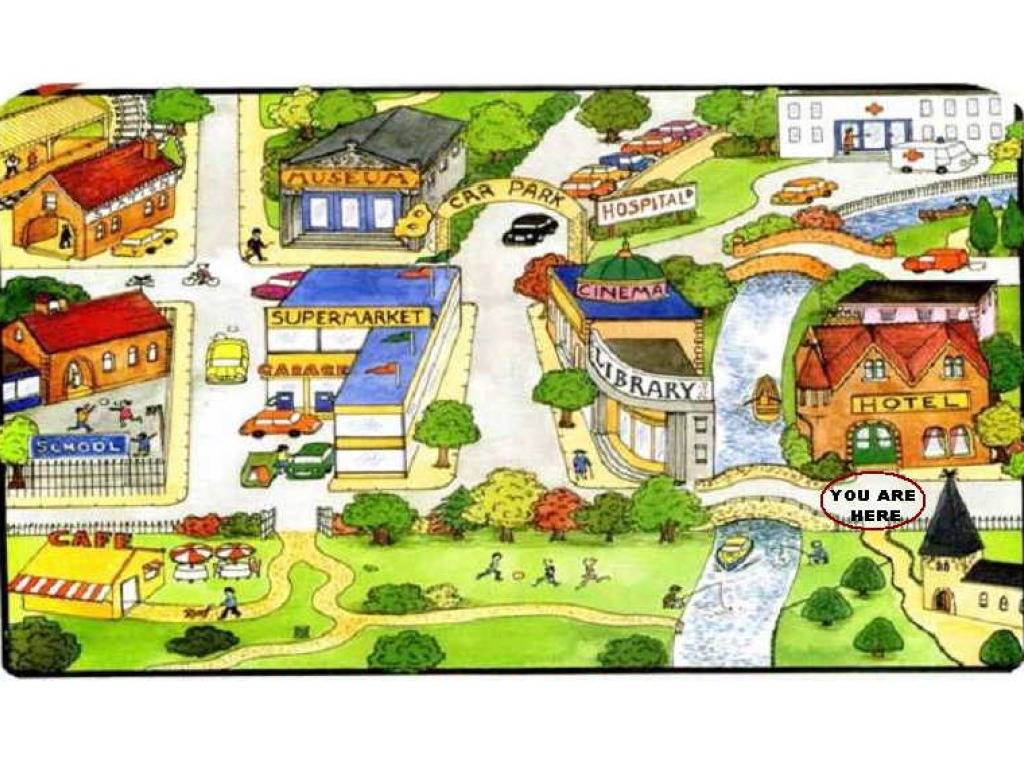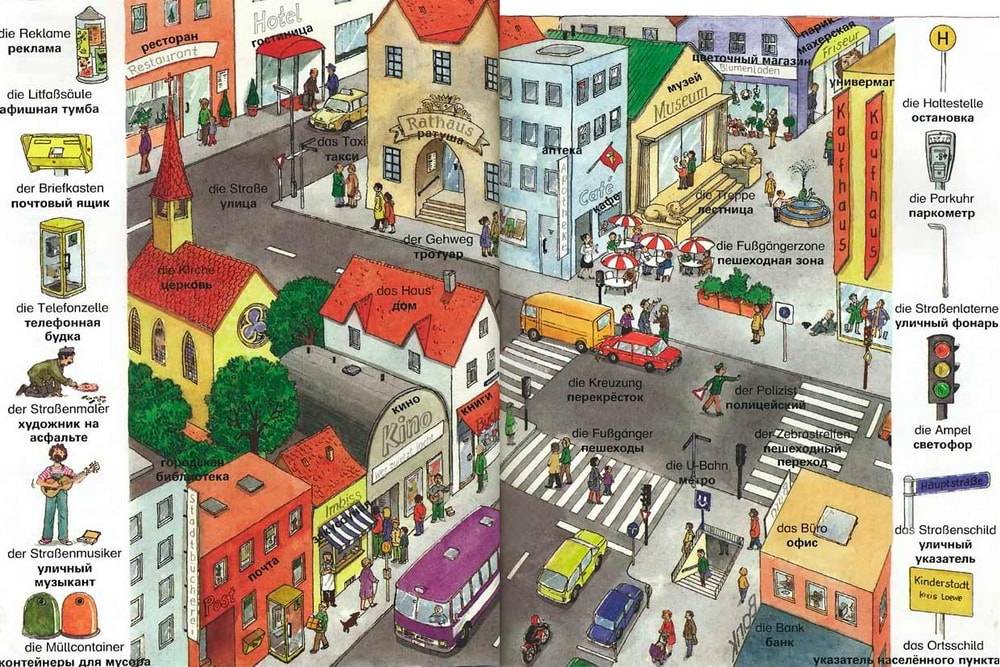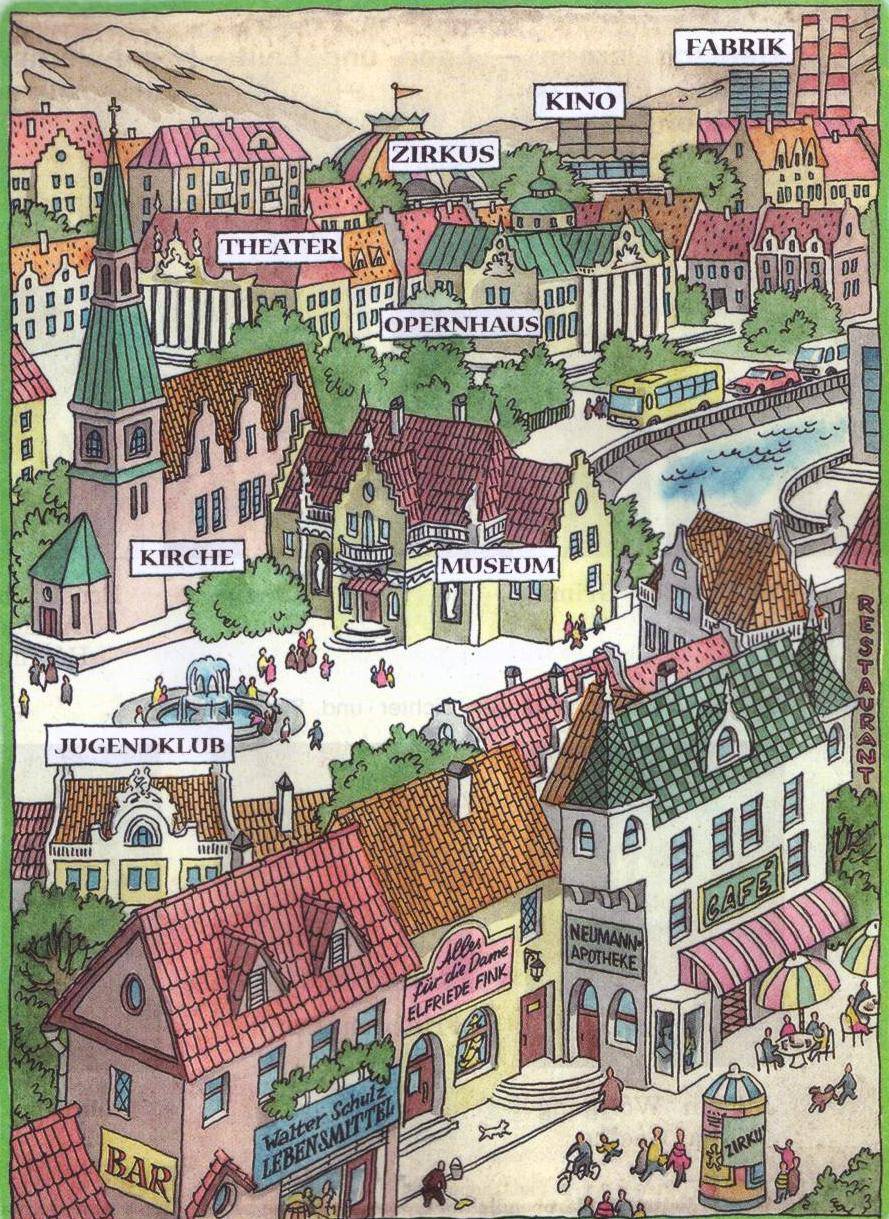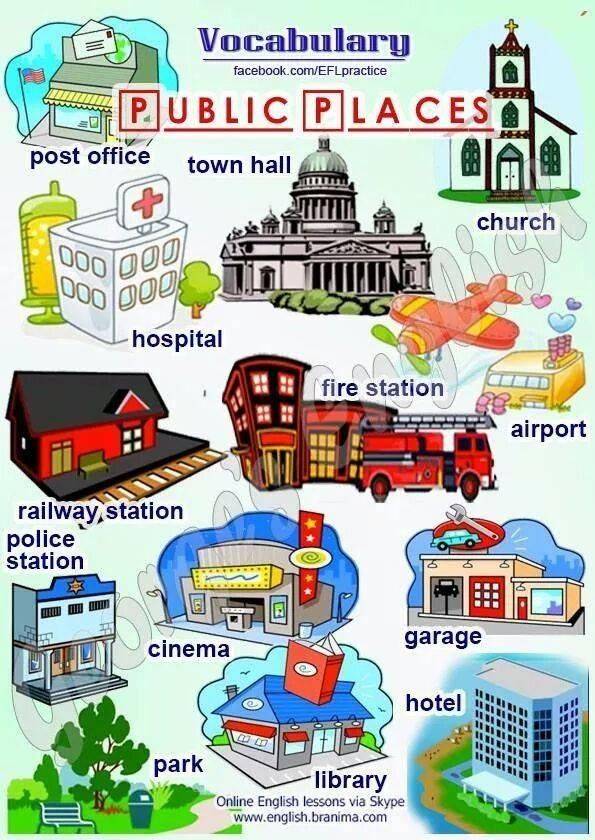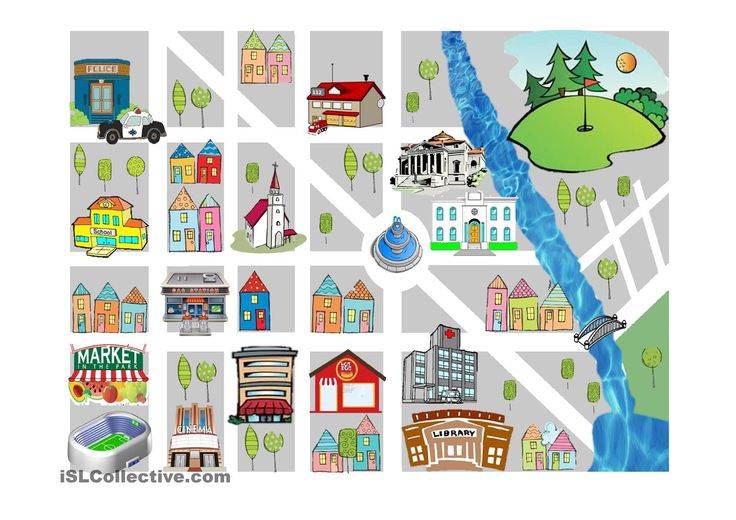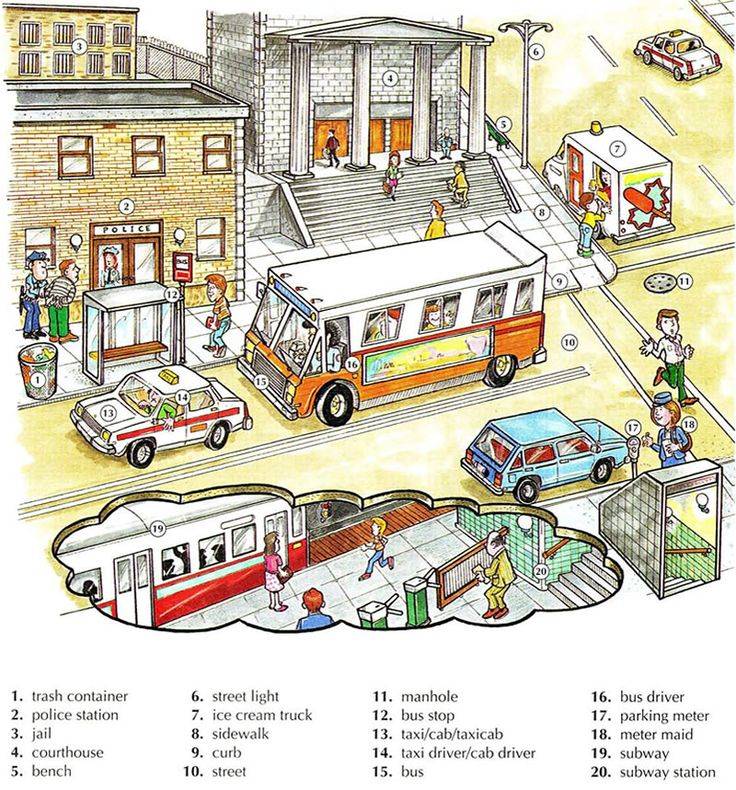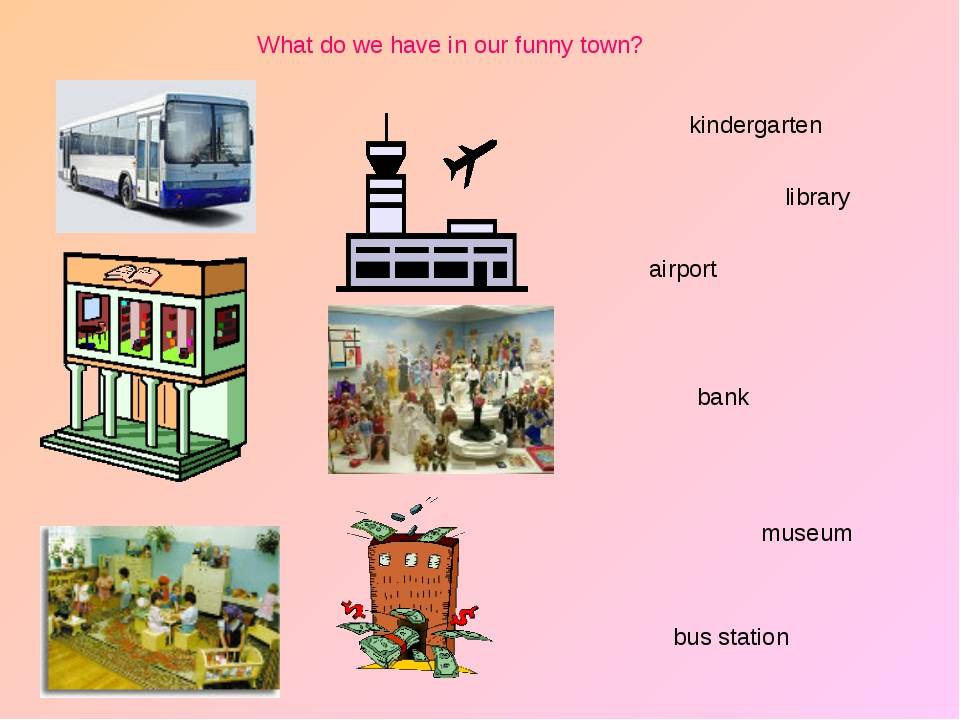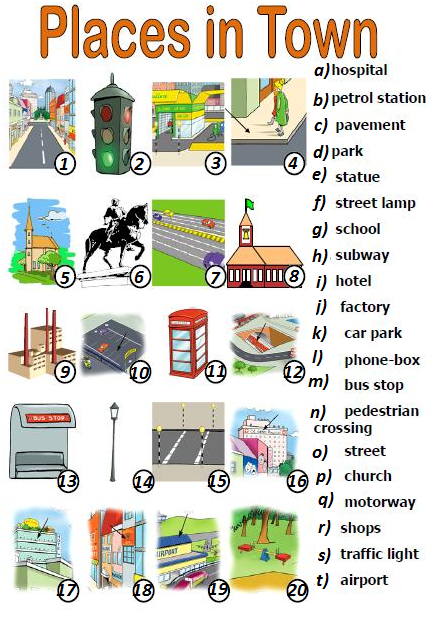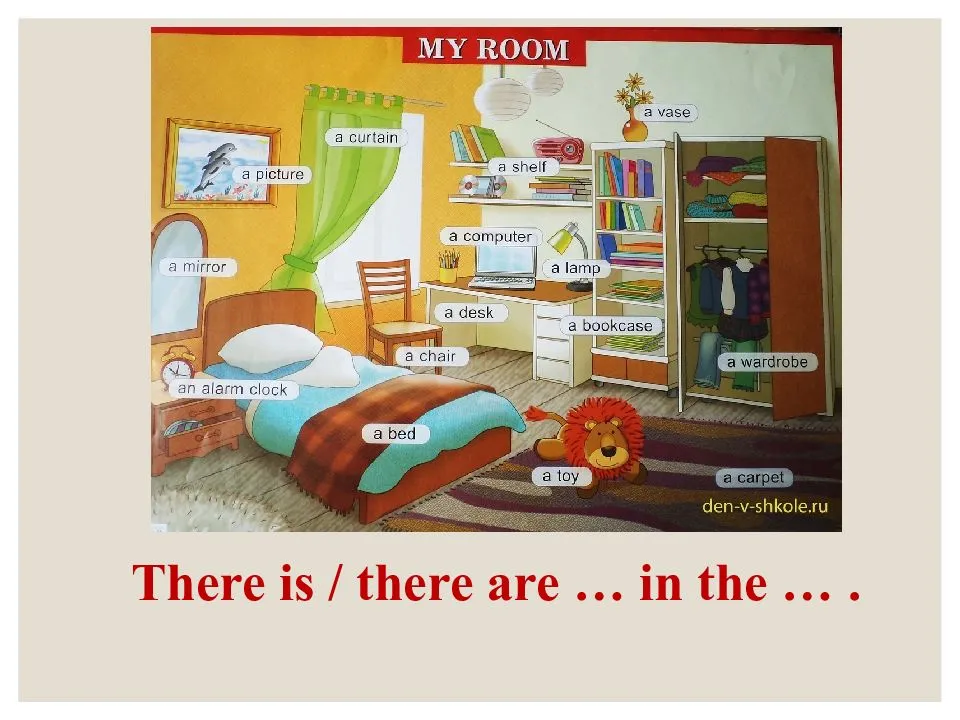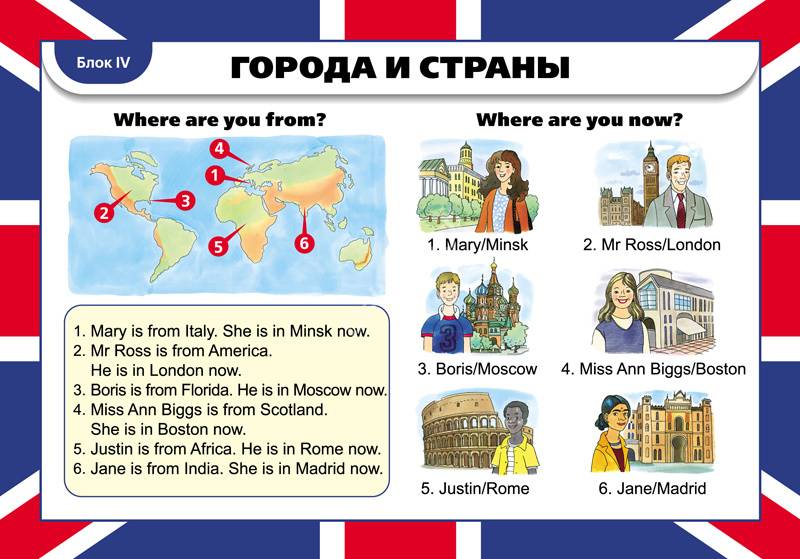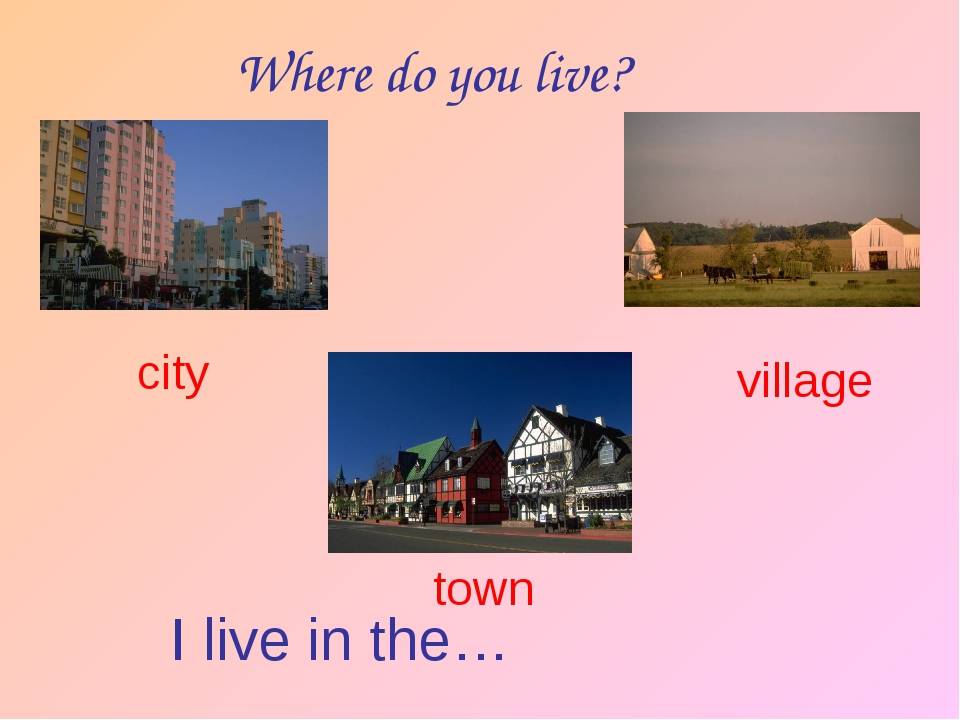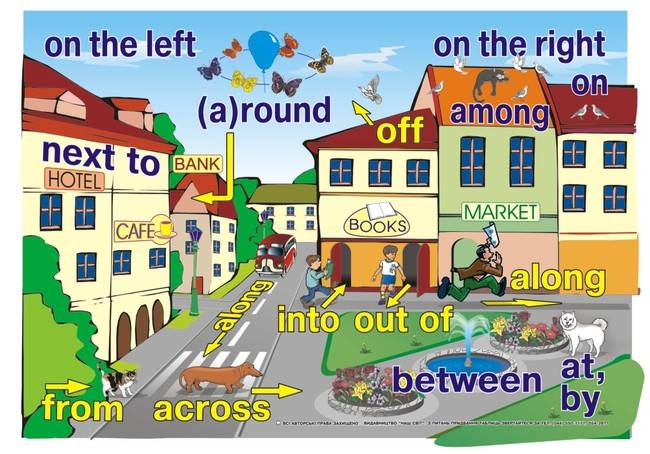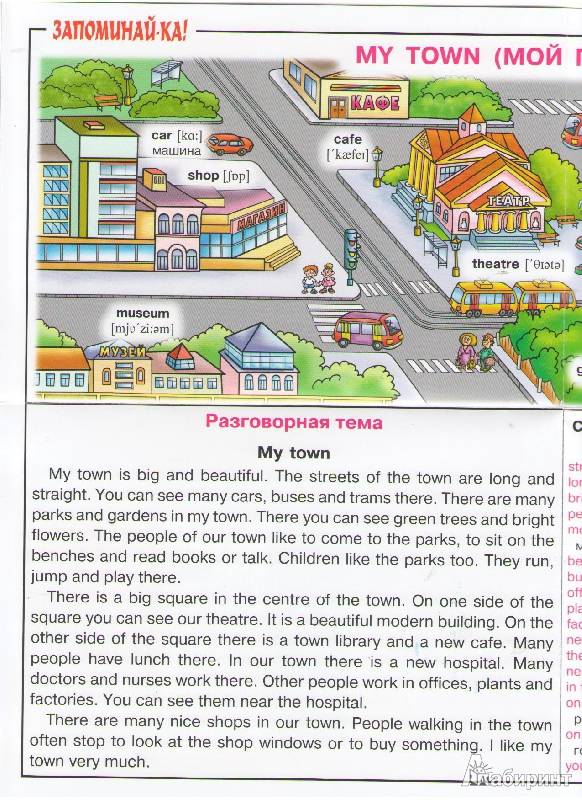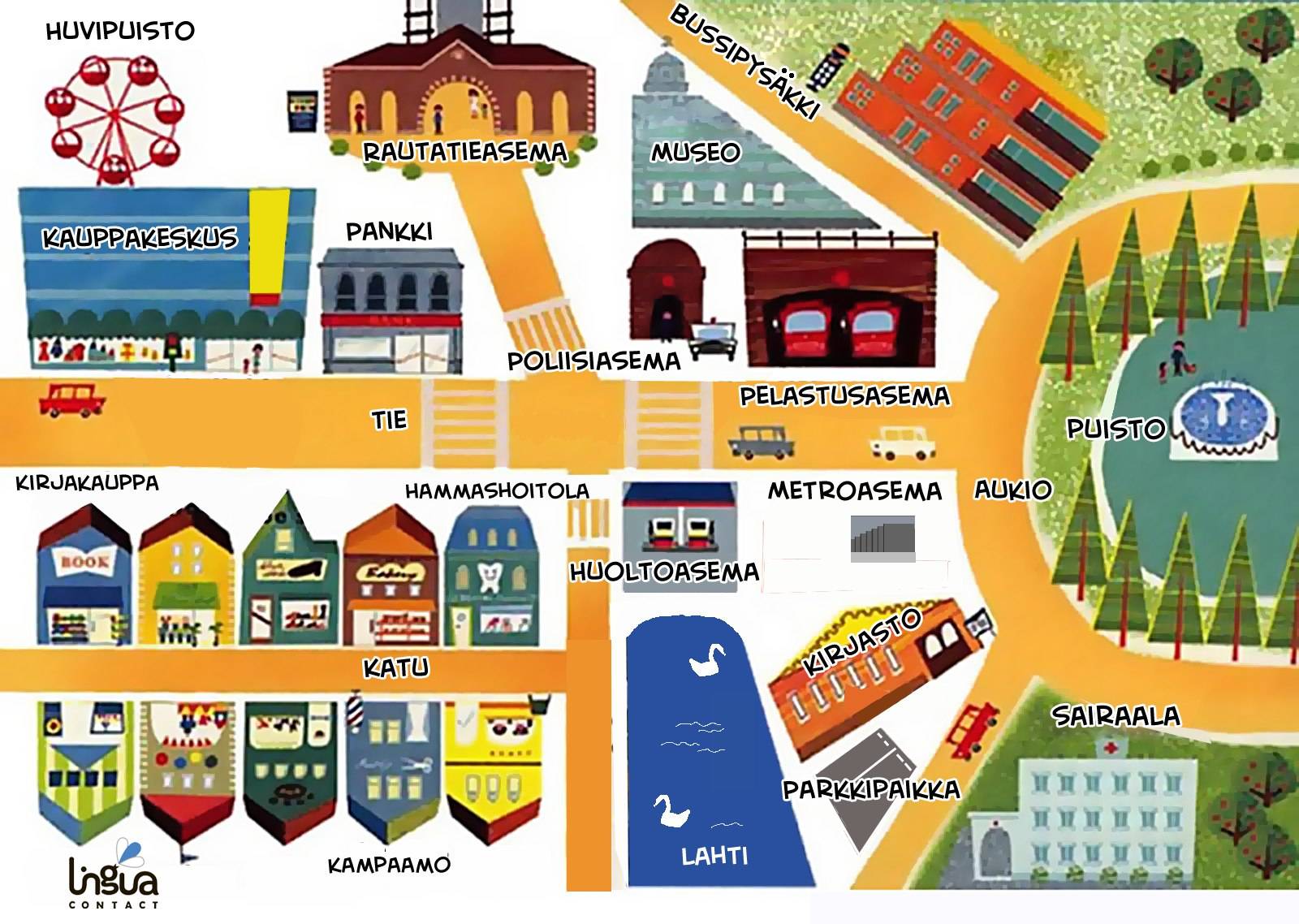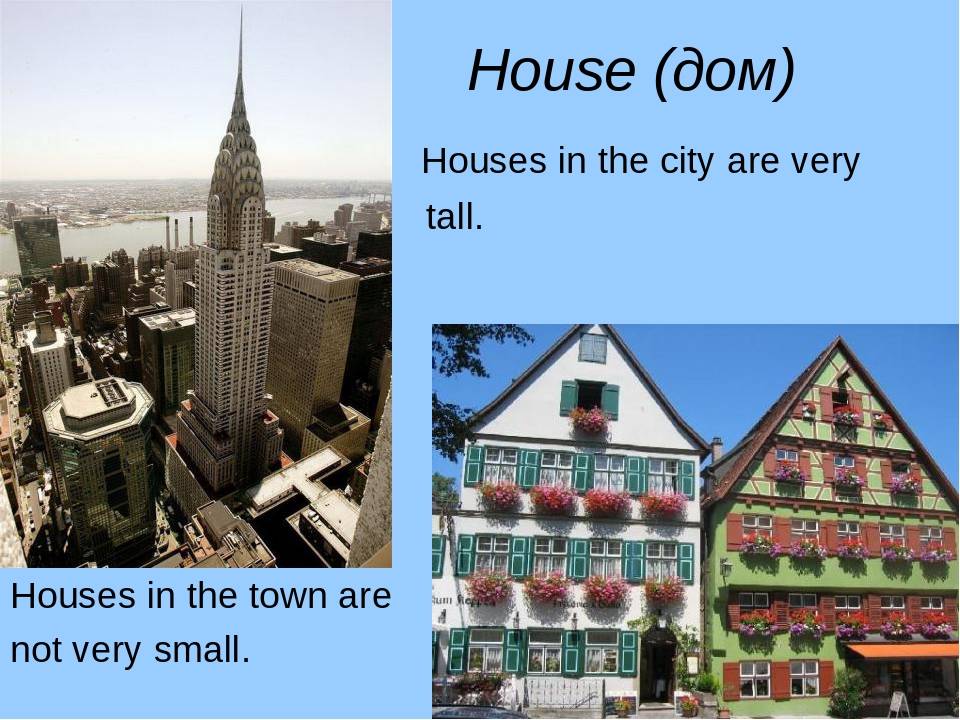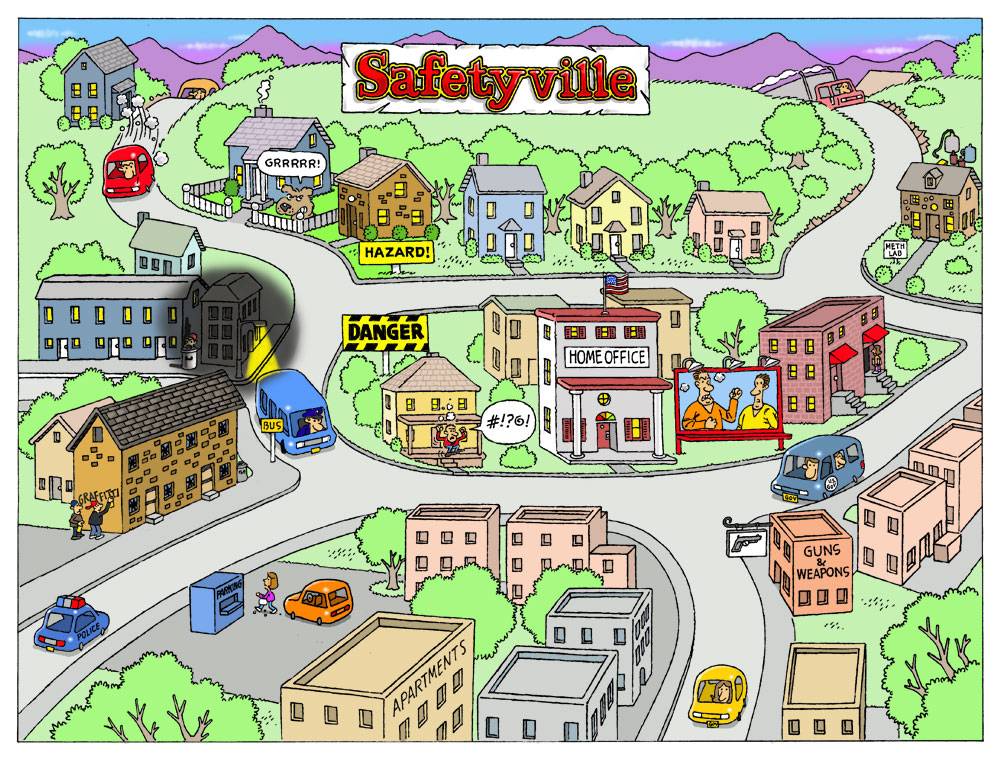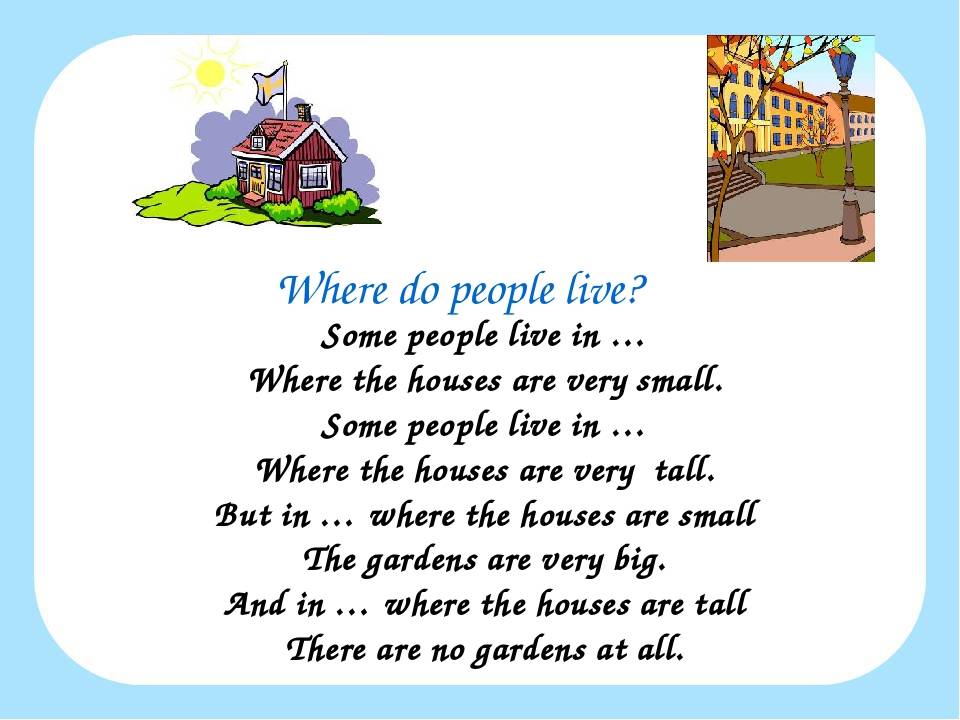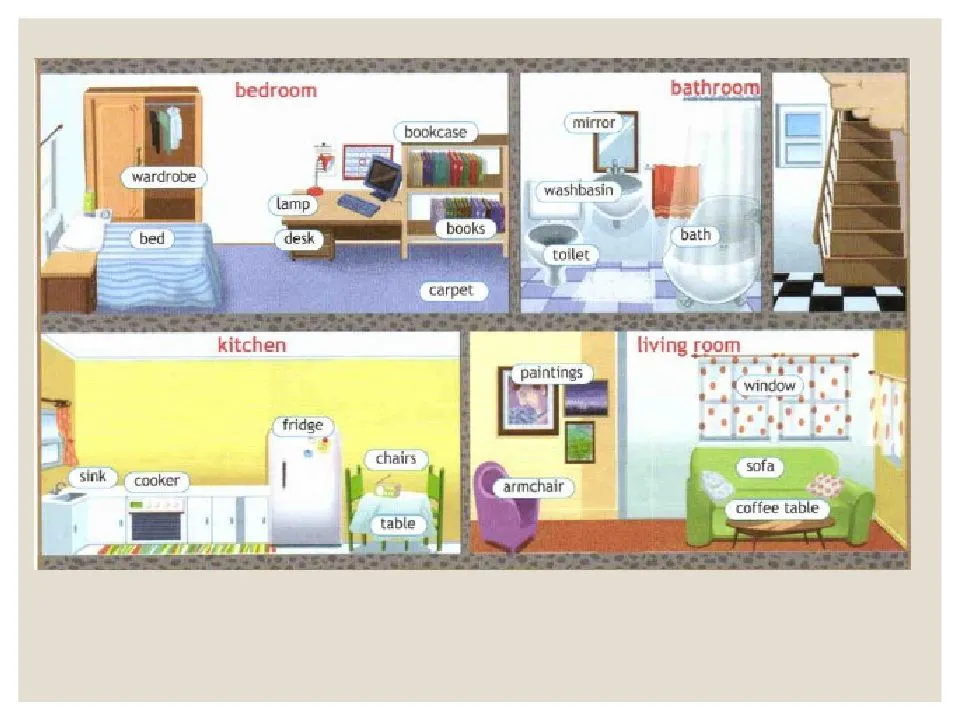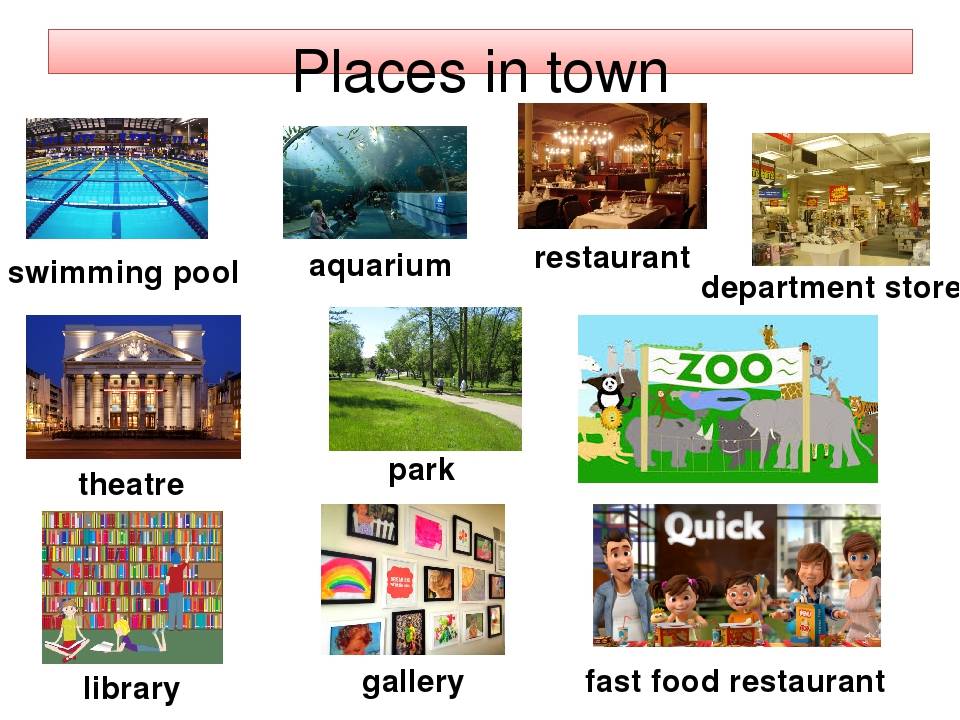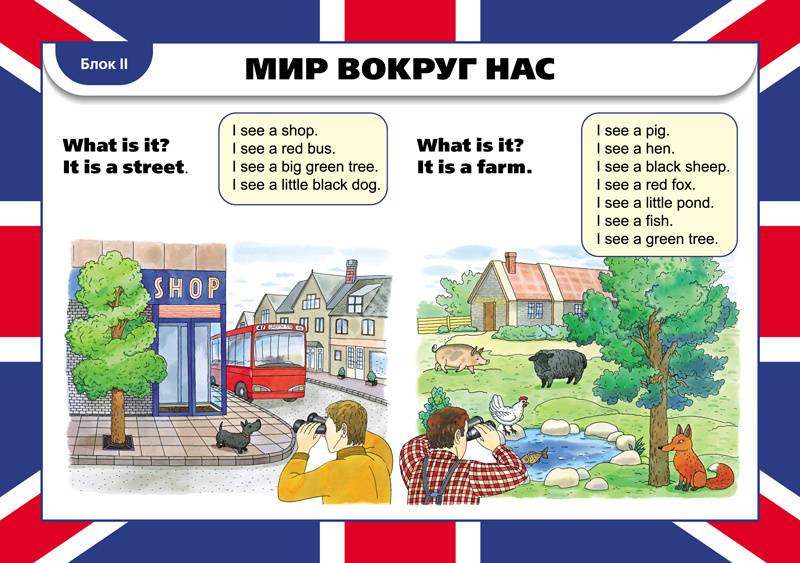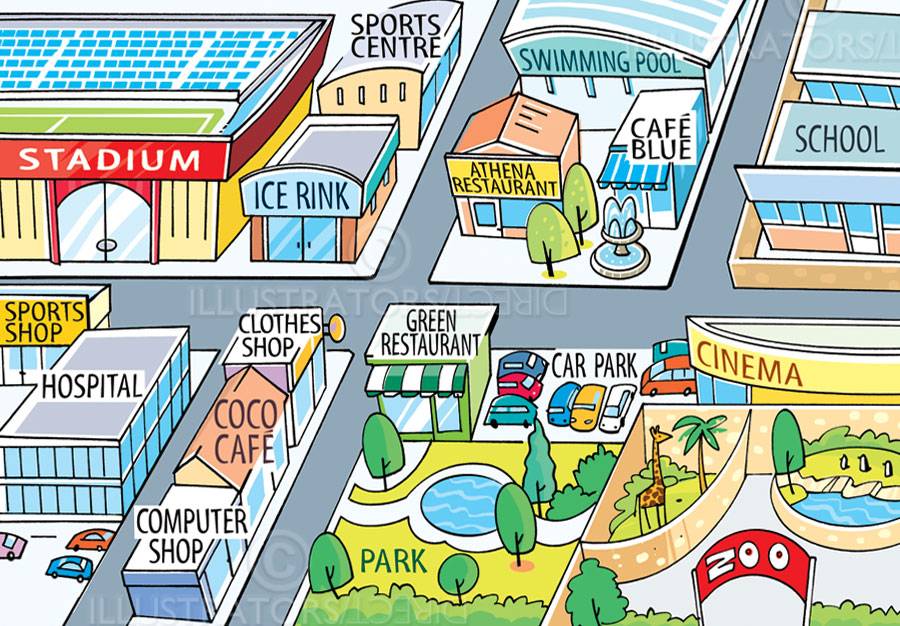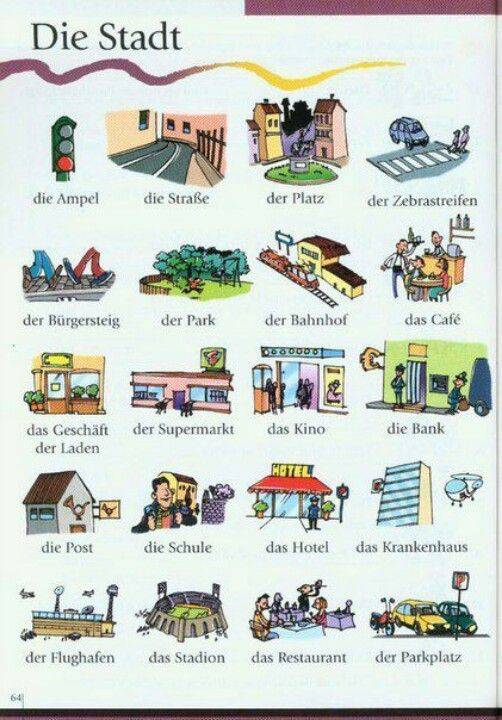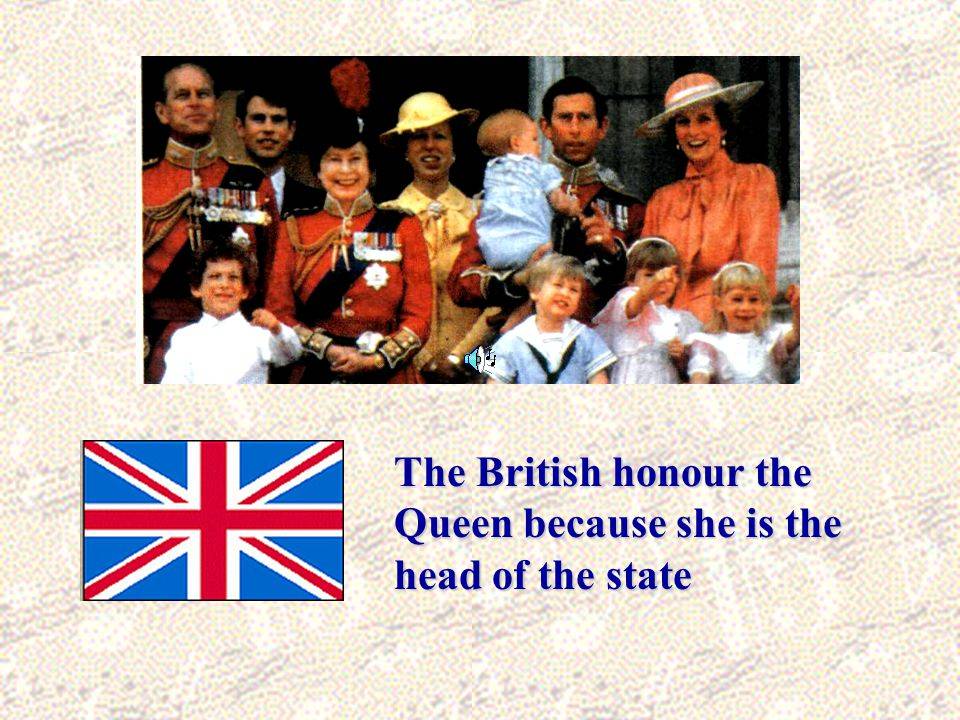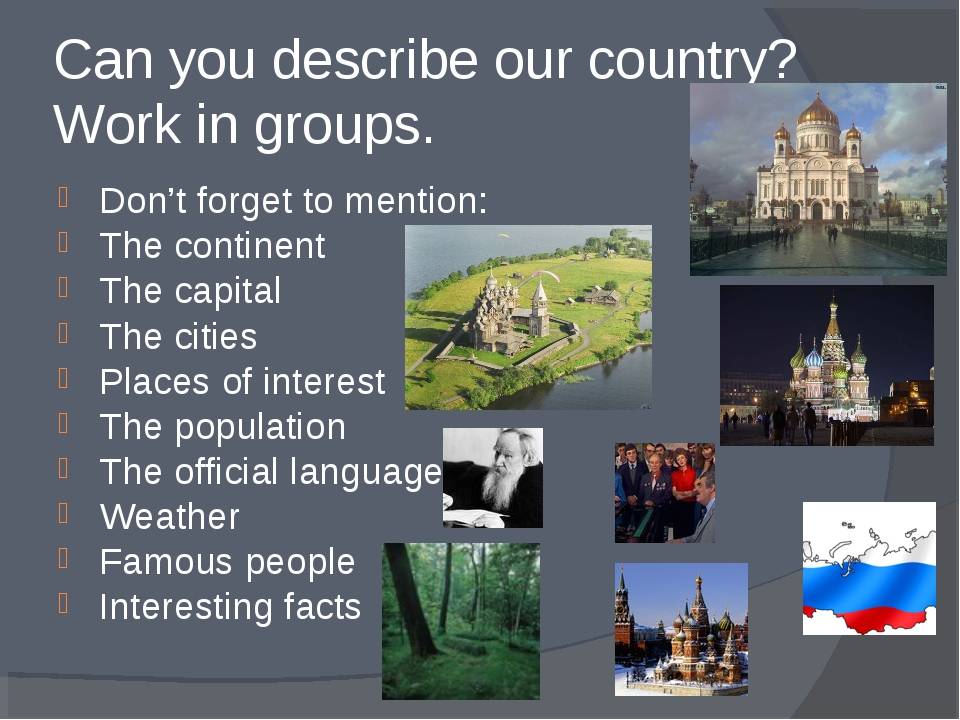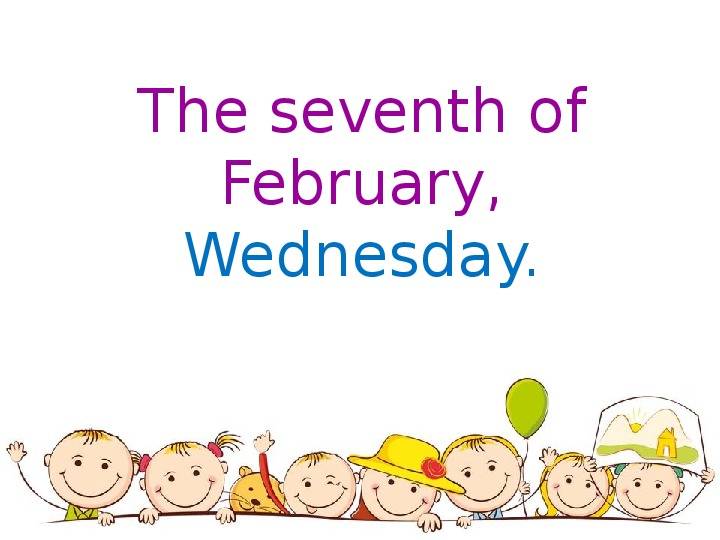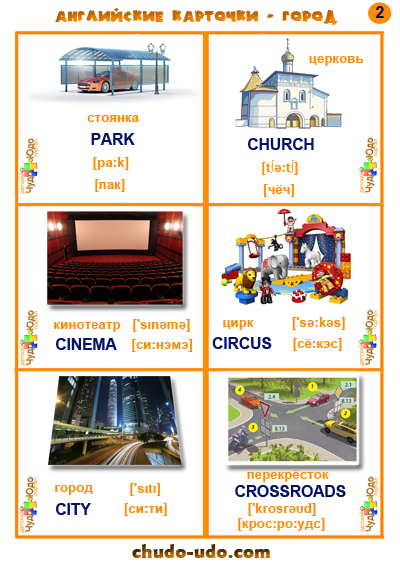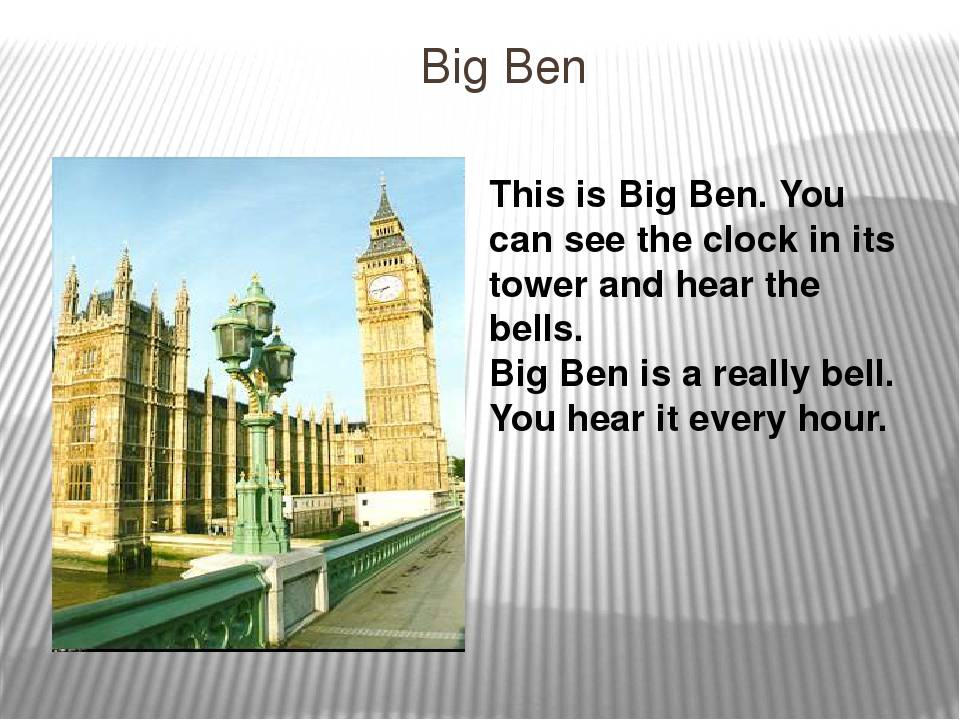Полезные фразы
| By the way… | Между прочим (кстати)… |
| Are you sure? | Вы уверены? |
| I’m not sure. | Я не уверен. |
| Pardon? I didn’t catch that. | Что? Извините, я не расслышал. |
| What did you say? | Что Вы сказали? |
| Could you repeat that, please. | Вы не могли бы повторить. (Повторите,пожалуйста.) |
| That’s short for… | Это сокращенное название… |
| In turn… | В свою очередь… |
| If we take…, for example. | Если мы возьмем, к примеру,… |
| In fact… | В сущности … |
| In other words… | Другими словами… |
| As far as I know… | Насколько я знаю… |
| Tell me, please… | Скажите, пожалуйста… |
| I would like to ask you a question. | Я хотел(а) бы задать Вам вопрос. |
| …that’s how it is… | …это так. (… но так обстоят дела.) |
| …but that’s how it is… | …но это так. (но так обстоят дела.) |
| In my opinion… | По-моему… (По моему мнению…) |
| On the contrary. | Напротив… (Как раз наоборот…) |
| Personally I think… | Лично я думаю… |
| To be honest… | Честно говоря… |
| That’s a difficult question. | Это трудный вопрос. |
| I’m afraid, it’s not easy to explain. | Боюсь, это не просто объяснить. |
| I hear that… | Я слышал(а), что… |
| …after all. | … в конце концов. (…в конечном счете.) |
| You can always tell… by… | Вы всегда можете отличить… но… |
| I’m sorry but that doesn’t tell me anything. | Извините, но это мне ни о чем не говорит. |
| I’m sorry but that name doesn’t tell me anything. | |
| I don’t think so. | Я так не думаю. |
| But still… | И все же … (тем не менee …) |
| You’re welcome. | Добро пожаловать! Пожалуйста. (в ответ на «спасибо») |
| First of all. | Прежде всего (Во-первых) |
| Apart from that… | Помимо того… |
| If you ask me I think… | Если Вы хотите знать мое мнение, то я думаю… |
| The most interesting thing is… | Самое интересное это… |
| You can always tell… but… | Вы всегда можете сказать… но… |
← Урок 1
Урок 3 →
Диалог
— Judy, you’re a Londoner, aren’t you?
— Well, I live in London now. But I come from Wales. I was born in Cardiff.
— Is Cardiff far from London?
— Yes, it’s quite far.
— How many kilometres?
— I’m not sure. It’s about 150 miles.
— Cardiff is the capital of Wales, isn’t it? Are you a graduate of the University of Wales?
— No, I’m a Birmingham University graduate. Birmingham’s a big city in the centre of England.
— I see. Is it near London?
— Well, Birmingham’s nearer to London than Cardiff. But it’s still quite far.
— Is Birmingham as big as London?
— Oh no. London’s bigger than Birmingham. It’s the biggest city in the UK.
— I’m sorry, what did you say? The UK? What’s that?
— It’s short for the United Kingdom, which is Scotland, England, Northern Ireland and Wales.
— Which city do you prefer, Judy: the capital of Wales or the capital of England?
— That’s a difficult question. Cardiff’s quieter and more peaceful. And my parents live there. But London’s more exciting. There are more shops and theatres and cinemas in London. It’s never boring.
— Do you live in the centre of London?
— No, I live in a suburb called Ruislip. It’s in the north-west.
— Is that far from your University? How long does it take you to get to work?
— Oh, about an hour. It’s not very convenient, I’m afraid. There are plenty of buses and trains, but they’re very crowded.
— Hm, an hour? In Moscow that’s not so bad!
— true, Moscow’s enormous. It’s too big. It’s certainly as big as London. Is it the biggest city in Russia?
— Yes, it is. It’s one of the biggest capitals in the world.
— You know, Judy, I have some American colleagues. Your accent’s very different from theirs. Is British English more difficult to understand than American English?
— Oh, I don’t think so. After all, the Americans and the British speak the same language. There are a few differences in pronunciation, vocabulary and grammar. But I think the British are as easy to understand as the Americans. Sometimes easier.
— But I hear that the Scottish and Irish accents are more difficult to understand.
— There are many different English accents. New accents are always difficult to understand. But after a while it gets easier. Anyway, here comes a friend of mine now. He’s a Scot; he comes from Edinburgh. ( A young man comes up to Judy. )
— Hi, Judy!
— Hi, Neil. Meet my new friends. They’re on the same flight as us. ( Judy makes the necessary introductions. )
— Pleased to meet you all.
— Are you a tourist, like Judy?
— Oh no, I work here in Moscow. I’m a visiting professor at the Linguistic University. I’m going home for a holiday. What are you going to do in London?
— First of all, we want to improve our English. We want to visit Britain because that’s the best way to learn the language properly.
— So are you going to study English in London?
— Yes. And then we’re going to do some sightseeing. We’re going to see the most famous museums and art galleries.
— And we’re going to visit different cities and towns.
— And we’re going to see the nature reserves and parks.
— Svetlana, which art galleries do you want to see?
— Oh, the National Gallery and the Tate. They’re the most famous!
— And what do others want to see?
— I’d like to see the Royal Greenwich Observatory. And a couple of advertising agencies.
— You see, apart from sightseeing, we have professional interests too. I’d like to visit British eye clinics and talk to my British colleagues.
— I’m going to visit the chemistry department of London University.
— I simply want to see how British people live.
— But what are you particularly interested in?
— It’s not easy to explain. Of course, I’m going to meet British computer programmers. But for me the most interesting thing is everyday life: British people and their problems, big and small.
Как быть вежливым
Expressing and accepting gratitude
Способы выражения и принятия благодарности
Благодарность в английском языке может выражаться по-разному
Проще всего сказать:
Thank you.
Спасибо.
Thank you very much.
Большое спасибо.
Thank you very much, indeed.
Очень Вам благодарен.
В непринужденном дружеском общении достаточно короткого
Thanks.
Спасибо.
или
Thanks a lot.
Большое спасибо.
Thanks so much.
Когда благодарят за помощь,участие и т.п., в ответ на благодарность говорят:
You are welcome.
Пожалуйста.
Not at all.
Не за что.
That’s OK.
That’s all right.
Never mind.
Не стоит благодарности.
Don’t mention it.
It (that) was a pleasure.
Мне было приятно это сделать.
That was a pleasure.
Обратите внимание, что в ответ на благодарность никогда не говорят «please», которое употребляется в значении «пожалуйста» только для выражения вежливой просьбы:
Give me that book, please..
Дайте мне, пожалуйста, вон ту книгу.
Thank you.
Спасибо.
You are welcome.
Пожалуйста..
Англичане настолько вежливы, что говорят «спасибо» практически всегда, даже если не получают того, что ожидают, например, как в следующем разговоре на улице:
Excuse me, could you tell me the way to Kings Avenue, please?
Простите, Вы не подскажете, как пройти на Кингс Авеню?
No, I’m sorry. I’m afraid, I can’t help you
I’m a stranger here myself.
Извините, но боюсь, что я не cмогу Вам помочь. Я сам не из здешних мест.
Oh, I see. OK. I’ll ask someone else then. Thank you, anyway.
Ну, что ж. Я спрошу кого-нибудь другого. Спасибо.
Not at all.
Не за что.
Типичные ответы в которых выражается и принимается благодарность:
Thank you. You are very kind.
Спасибо. Вы очень добры.
Not at all.
Пожалуйста.
Thank you very much.
Большое спасибо.
That’s very kind of you.
Это очень мило с Вашей стороны.
You are welcome. It was a pleasure.
Пожалуйста. Рад был Вам помочь.
Тексты для школьников
В силу возрастных особенностей и большему количеству времени, отведенному на изучение языка, школьники могут работать с более сложными текстами в отношении лексики и грамматики, чем дошкольники, поэтому темы становятся разнообразней и сложнее.

Пример 1
Let me introduce myself. My name is Ashley and I’m 12 years old. I am a pupil. I study at school number 100. I am at the sixth form. I like my class, that’s why I study with pleasure. I have many friends here. Their names are Bella, Mary and Ann. Our usual entertainments are playing games, running and talking. This year I come back home myself. I am not afraid to go by bus and cross the road. At home I do my homework and watch TV, sometimes I cook dinner. My parents come home at 6 o’clock and we go shopping. I love them so much.
Позвольте представиться. Меня зовут Эшли, и мне 12 лет. Я ученица. Я учусь в школе номер 100. Я в шестом классе. Я люблю свой класс, поэтому я учусь с удовольствием. У меня здесь много друзей; их зовут Бэлла, Мэри и Энн. Наши обычные развлечения – это играть в игры, бегать и разговаривать. В этом году я возвращаюсь домой сама. Я не боюсь ездить на автобусе и переходить дорогу. Дома я делаю уроки и смотрю телевизор, иногда готовлю ужин. Мои родители приходят домой в 6 часов, и мы идем по магазинам. Я их очень люблю.
Упражнения к тексту:
1.Переведите следующие слова и фразы с английского на русский:
- Let me introduce myself
- A pupil
- The forth form
- With pleasure
- Entertainment
- To be afraid
- Cross the road
- Do homework
- Cook dinner
- Go shopping
2. Переведите следующие слова и фразы с русского на английский:
- Меня зовут …
- Я учусь в школе
- У меня много друзей
- Играть в куклы
- В этом году
- Сама возвращаюсь домой
- Смотрю телевизор
Пример 2
My name is Amanda. I’m 18 years old and I’m a student. I study at the university every day and my classes finish at 5 o’clock, so I don’t have much free time. But when I’m free, I like to spend some time with my friends. Usually we visit a café or go to the cinema. On Saturday and Sunday we go to the gym and train hard. In the evening we like to ride a bike or walk in the park. When I’m at home, I watch interesting films and read books. My favourite film is “Green Mile”, and my favourite book is “Harry Potter”. I practice sport too. Every Tuesday I play volleyball on the beach, and also swim and take sunbath.
Меня зовут Аманда. Мне 18 лет, и я студентка. Я учусь в университете каждый день, и мои занятия заканчиваются в 5 часов, поэтому у меня мало свободного времени. Но когда я свободна, я люблю проводить время с моими друзьями. Обычно мы посещаем кафе или идем в кино. В субботу и воскресенье мы ходим в тренажерный зал и усердно занимаемся. Вечером мы катаемся на велосипеде или гуляем в парке. Когда я дома, я смотрю интересные фильмы и читаю книги. Моя любимый фильм – «Зеленая миля», а книга – «Гарри Поттер». Я также занимаюсь спортом. Каждый вторник я играю в волейбол на пляже, плаваю и загораю.
Упражнения к тексту:
1. Придумайте предложения со следующими словами и переведите:
- Student;
- university;
- free time;
- to spend time;
- to visit a café;
- gym;
- to ride a bike;
- to practice sport;
- to take sunbath.
2. Расскажите о себе на примере данного текста.
Советы:
Читая текст, запомните грамматические конструкции и речевые обороты, которые могут понадобиться Вам для поддержания разговора на определенную тему.
Применяйте язык при любой возможности, описывая вслух свои действия, или то, что Вы видите.
Найдите человека, который тоже хочет учить английский язык, и контролируйте друг друга. Как вариант, Вы можете попросить о помощи человека, уровень которого немного выше Вашего
Вам будет легче освоить материал с его помощью, ведь он будет обращать Ваше внимание на самые важные моменты, во время чего тоже сможет обновить или закрепить свои знания.

